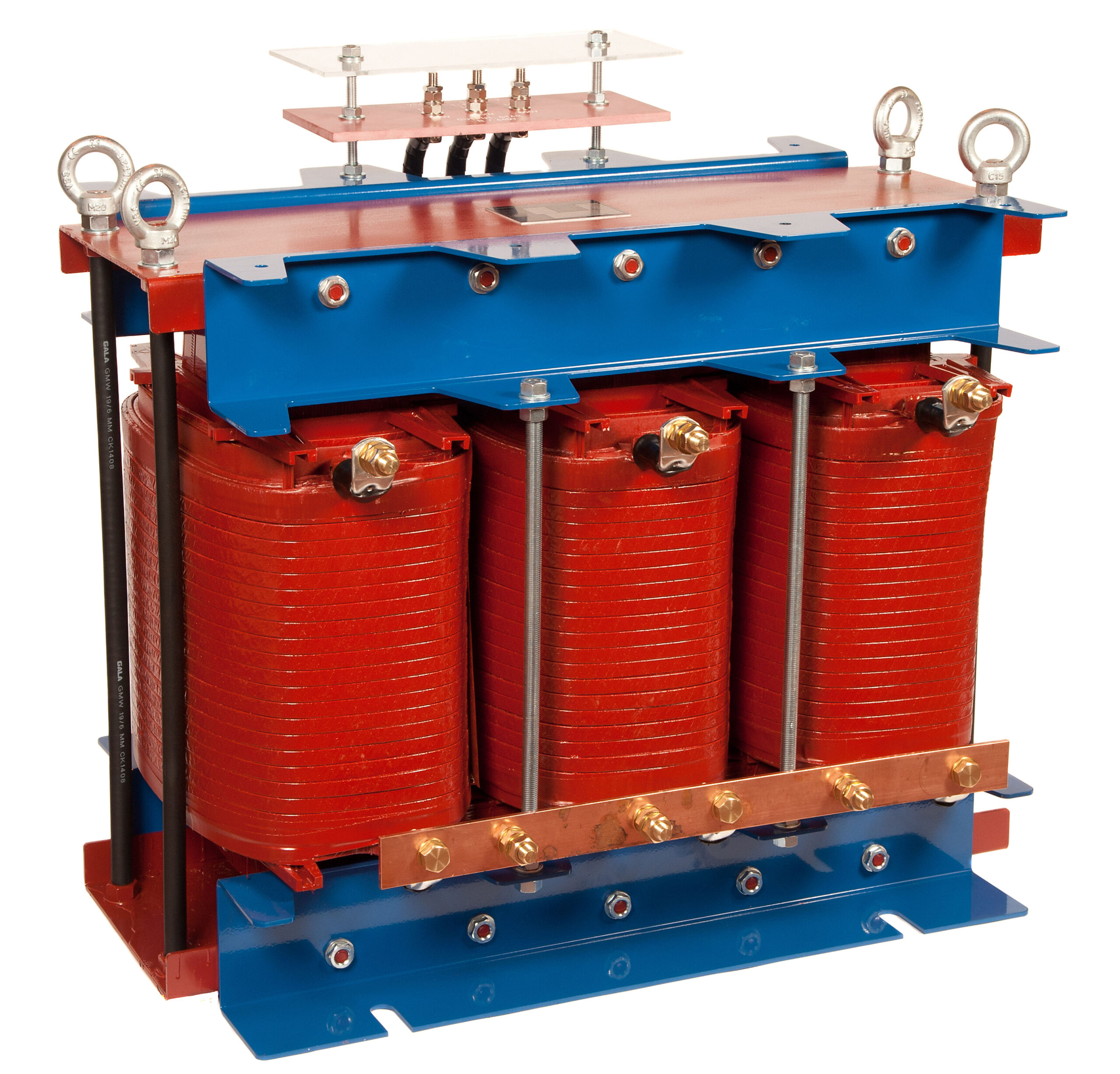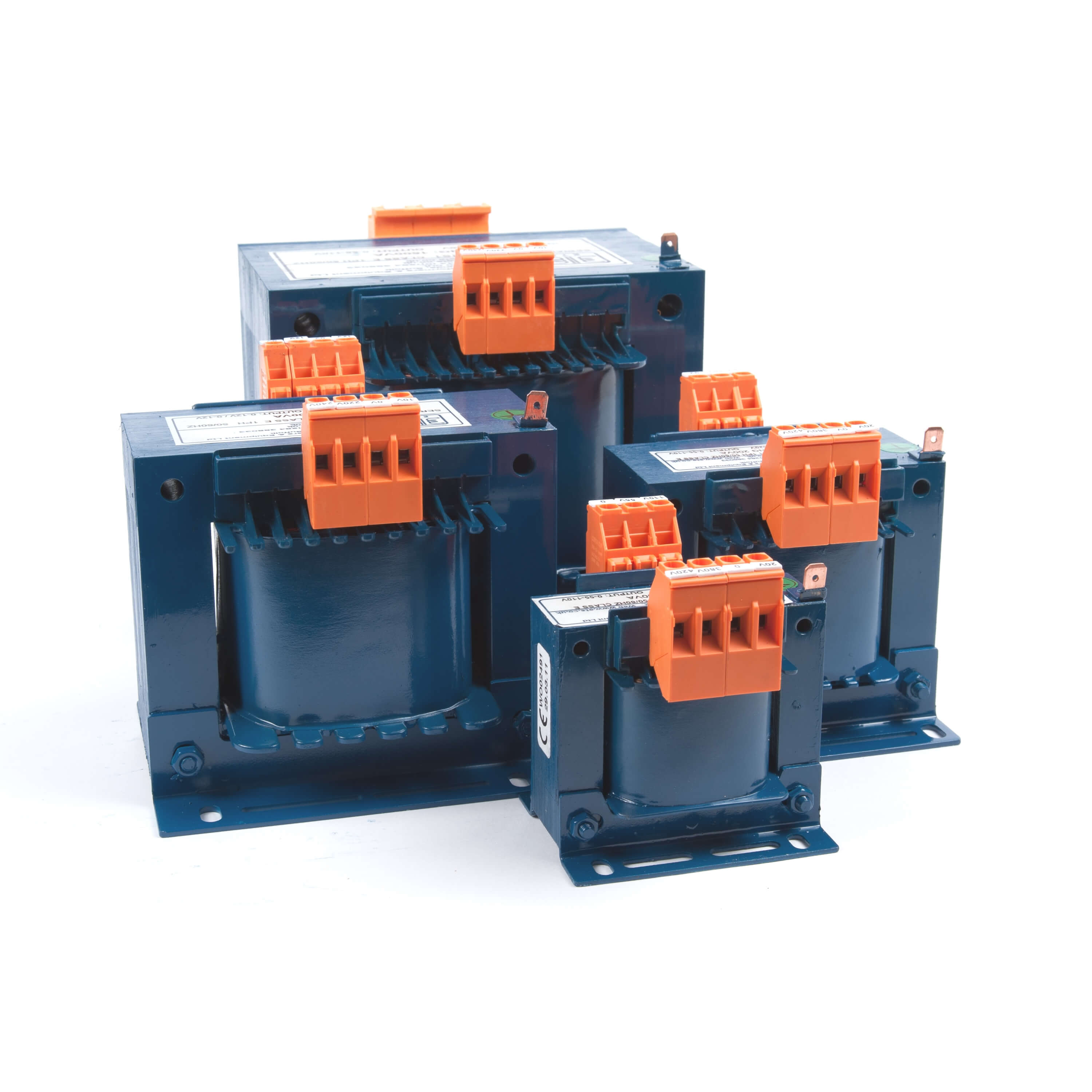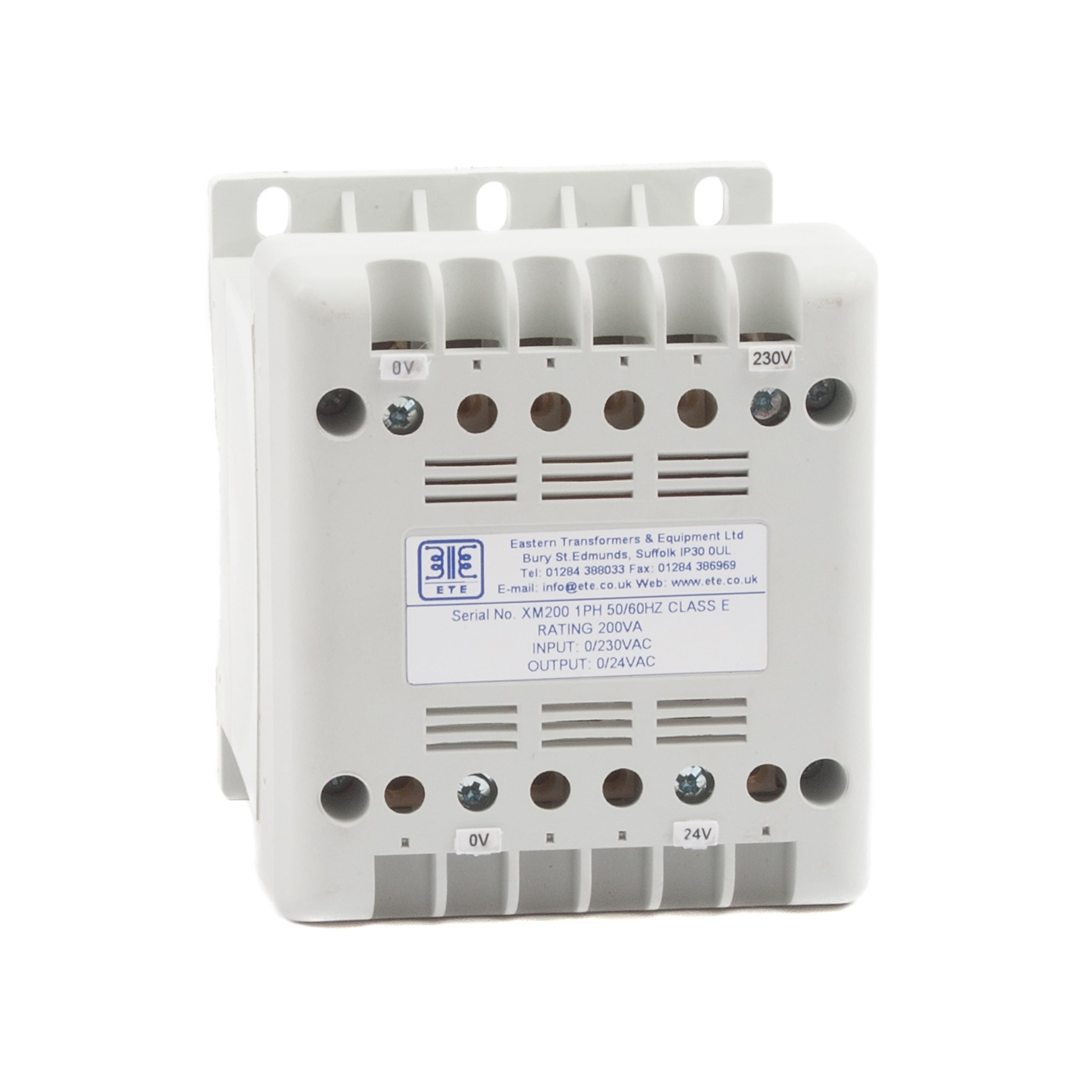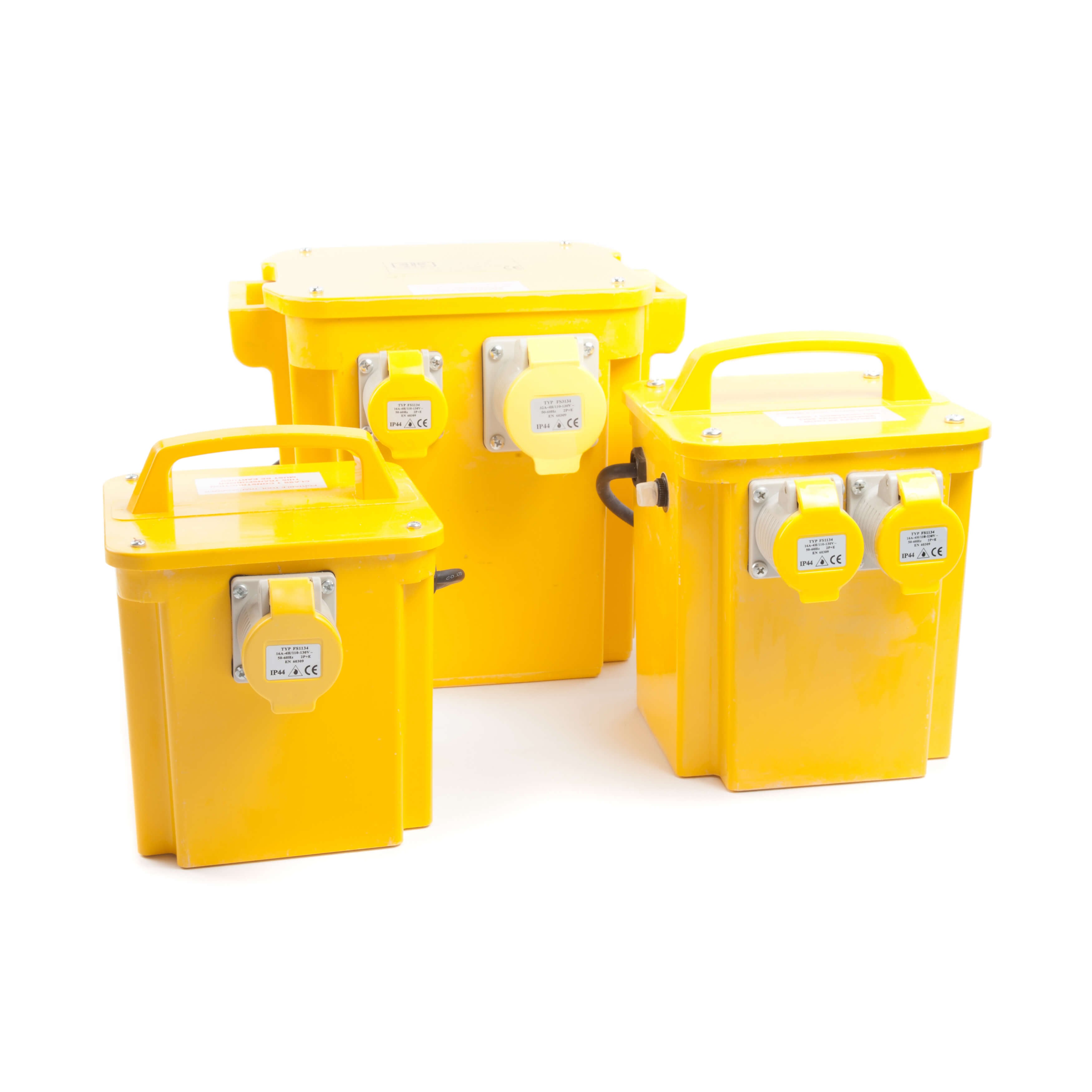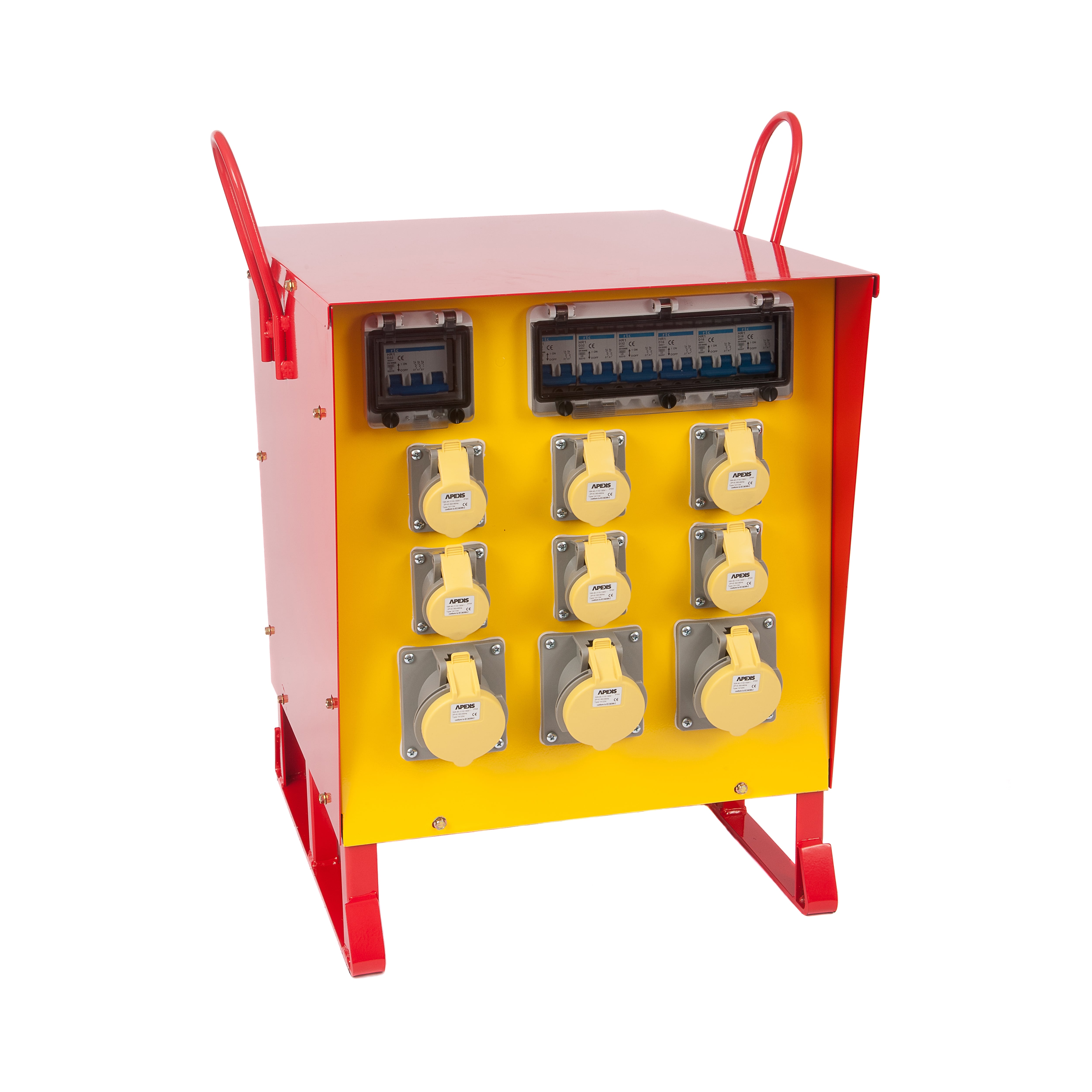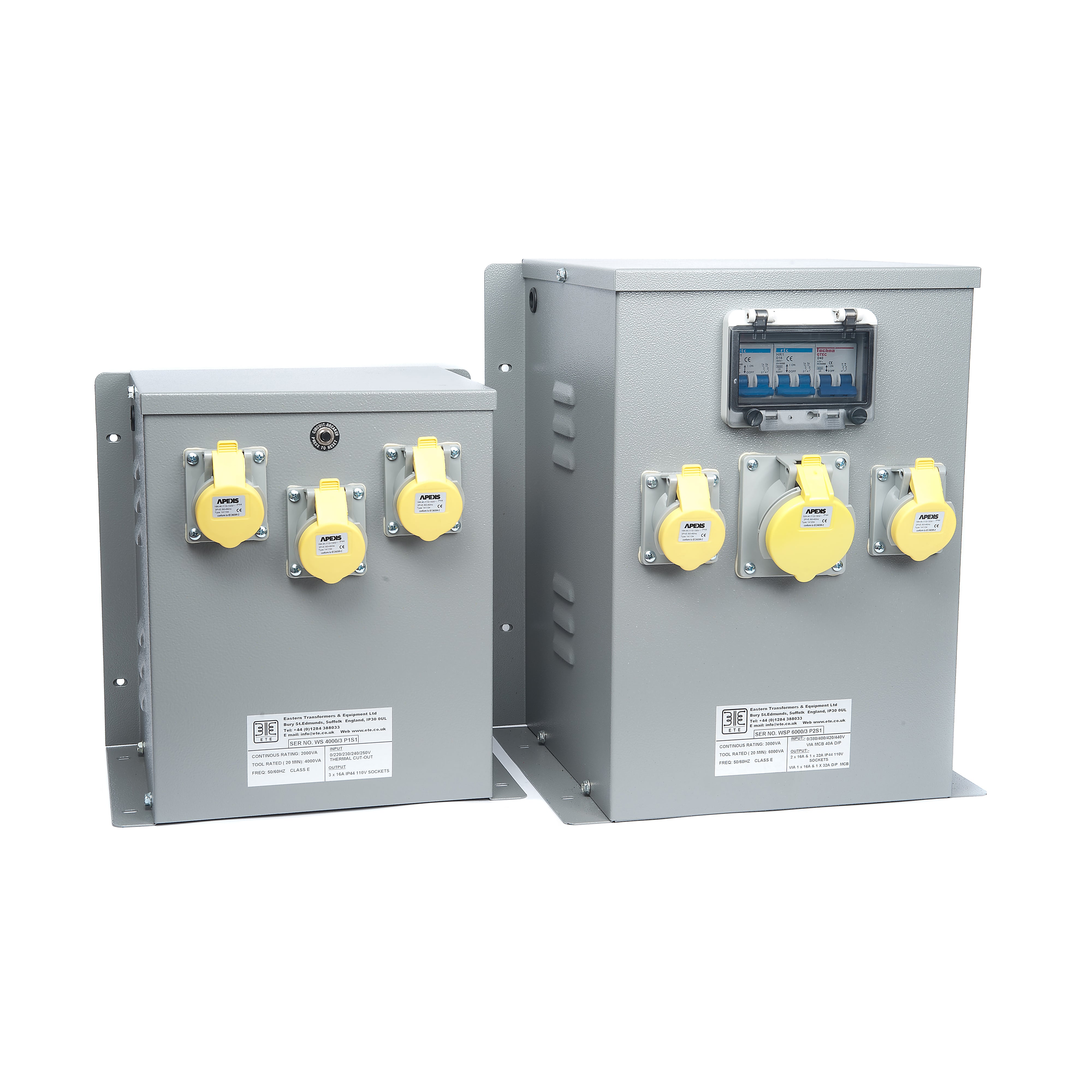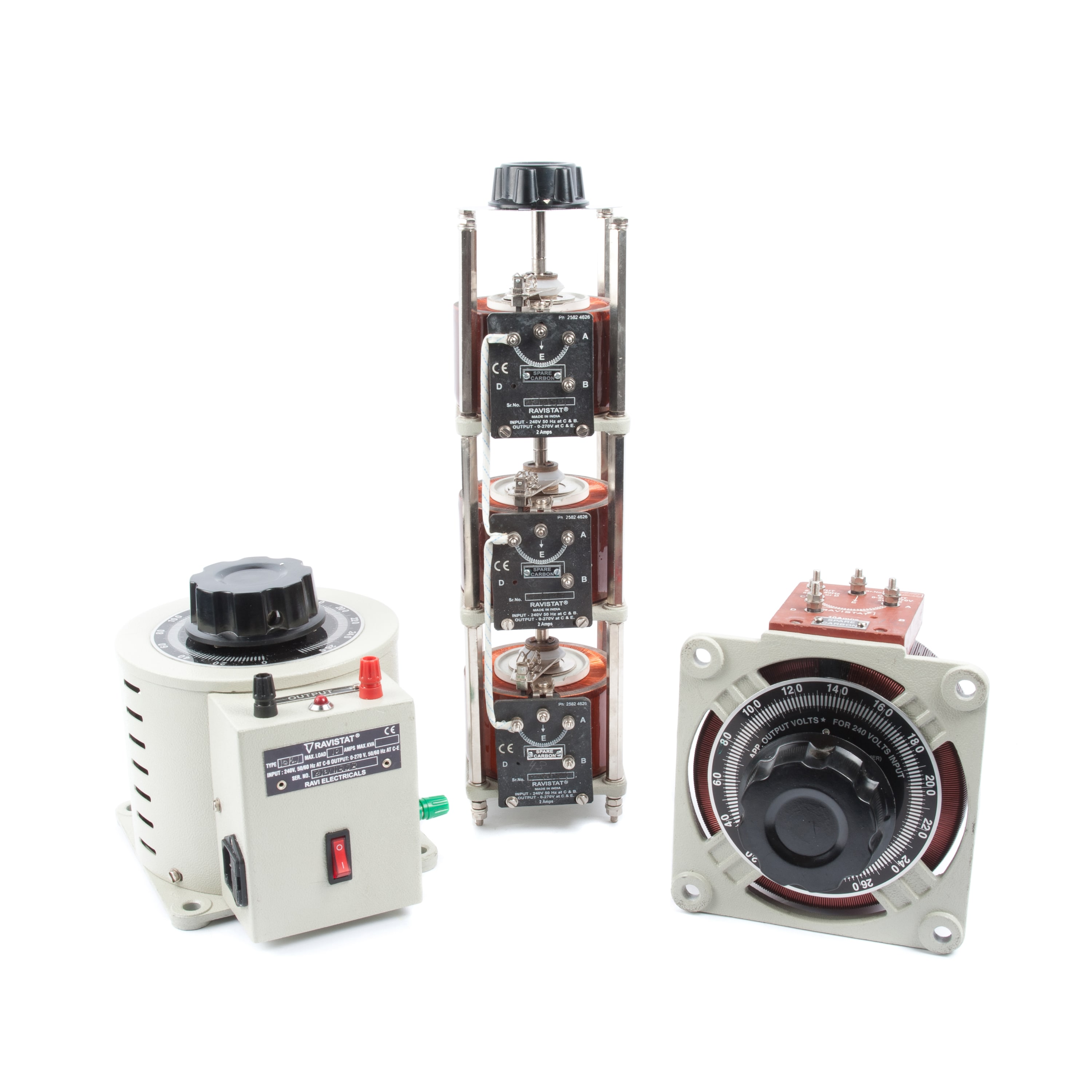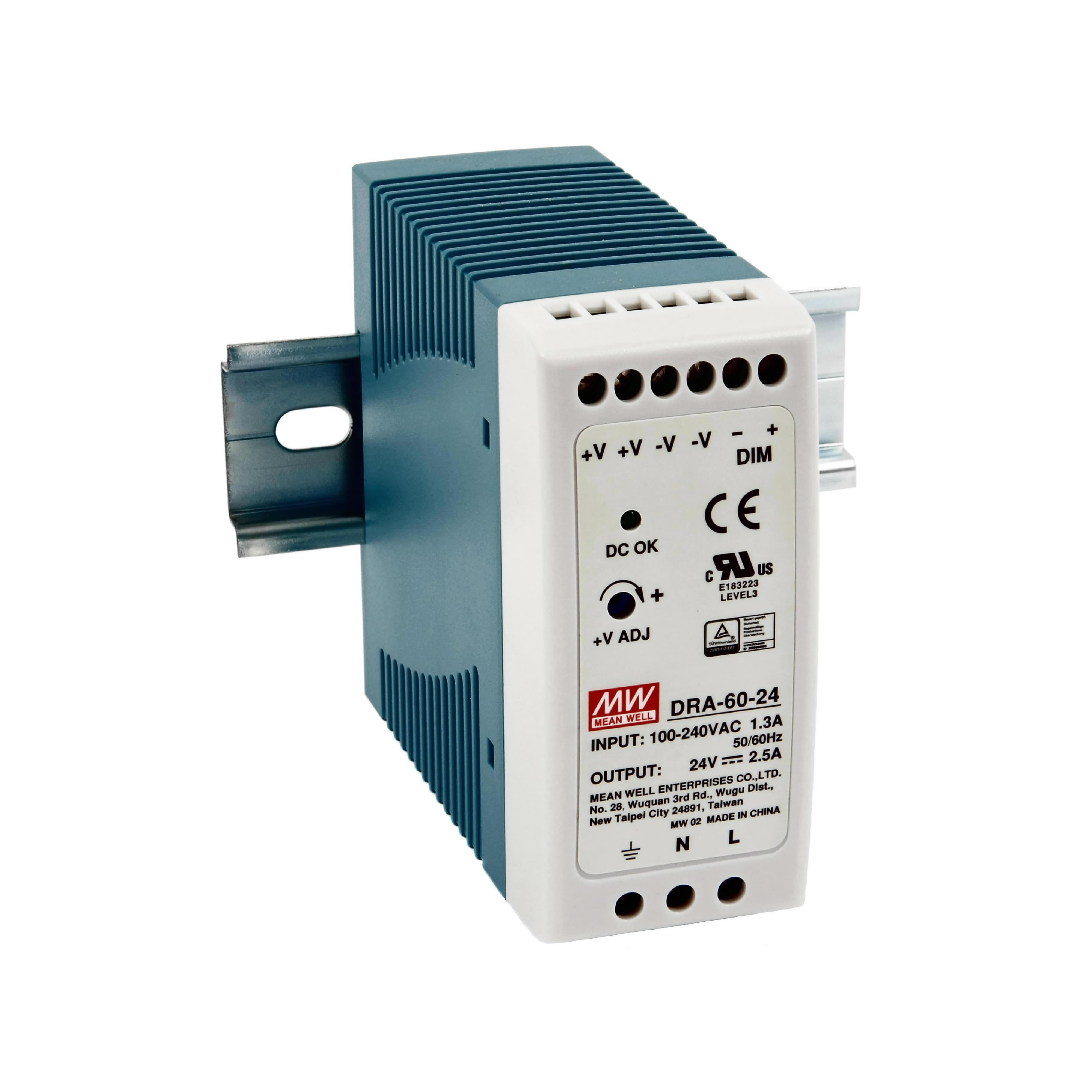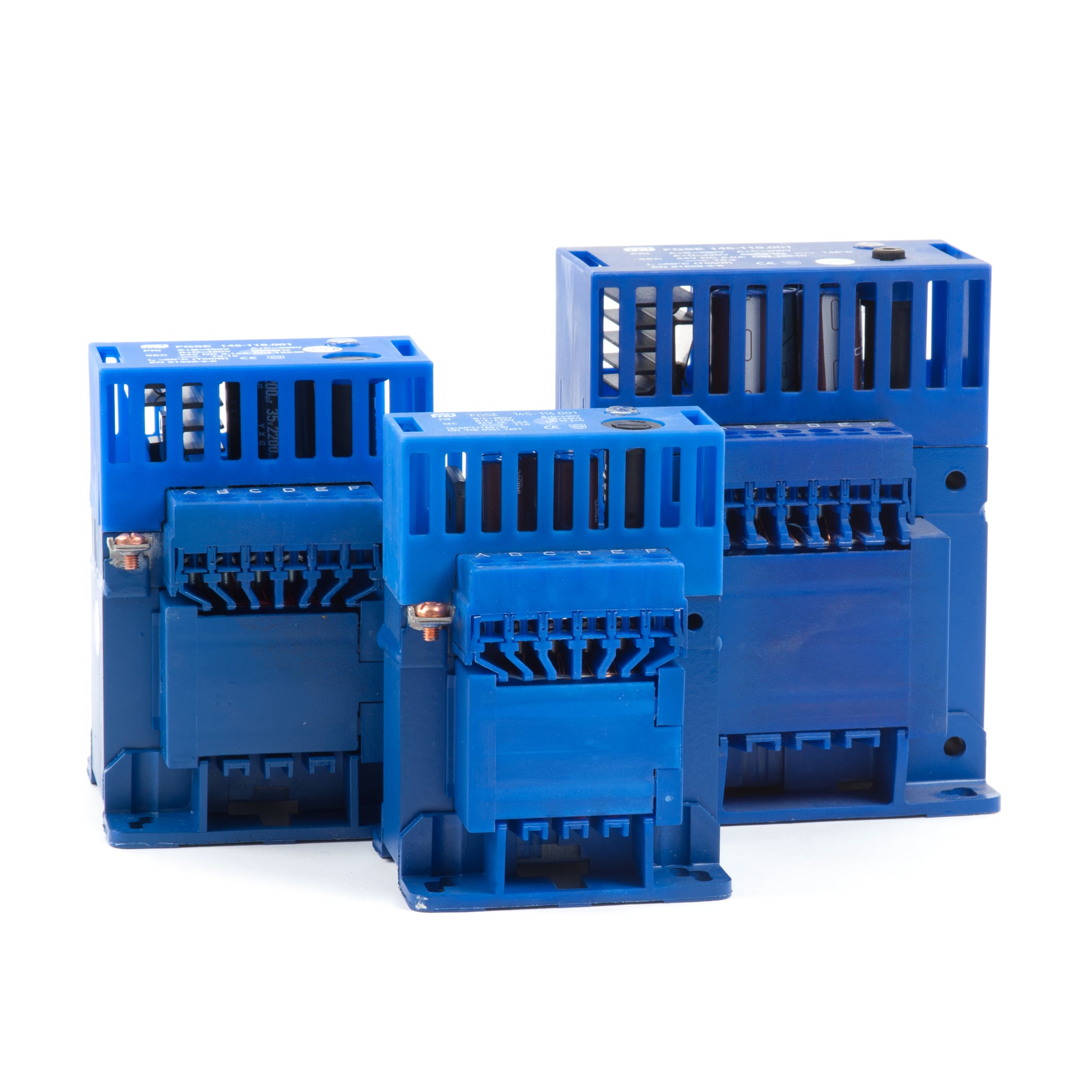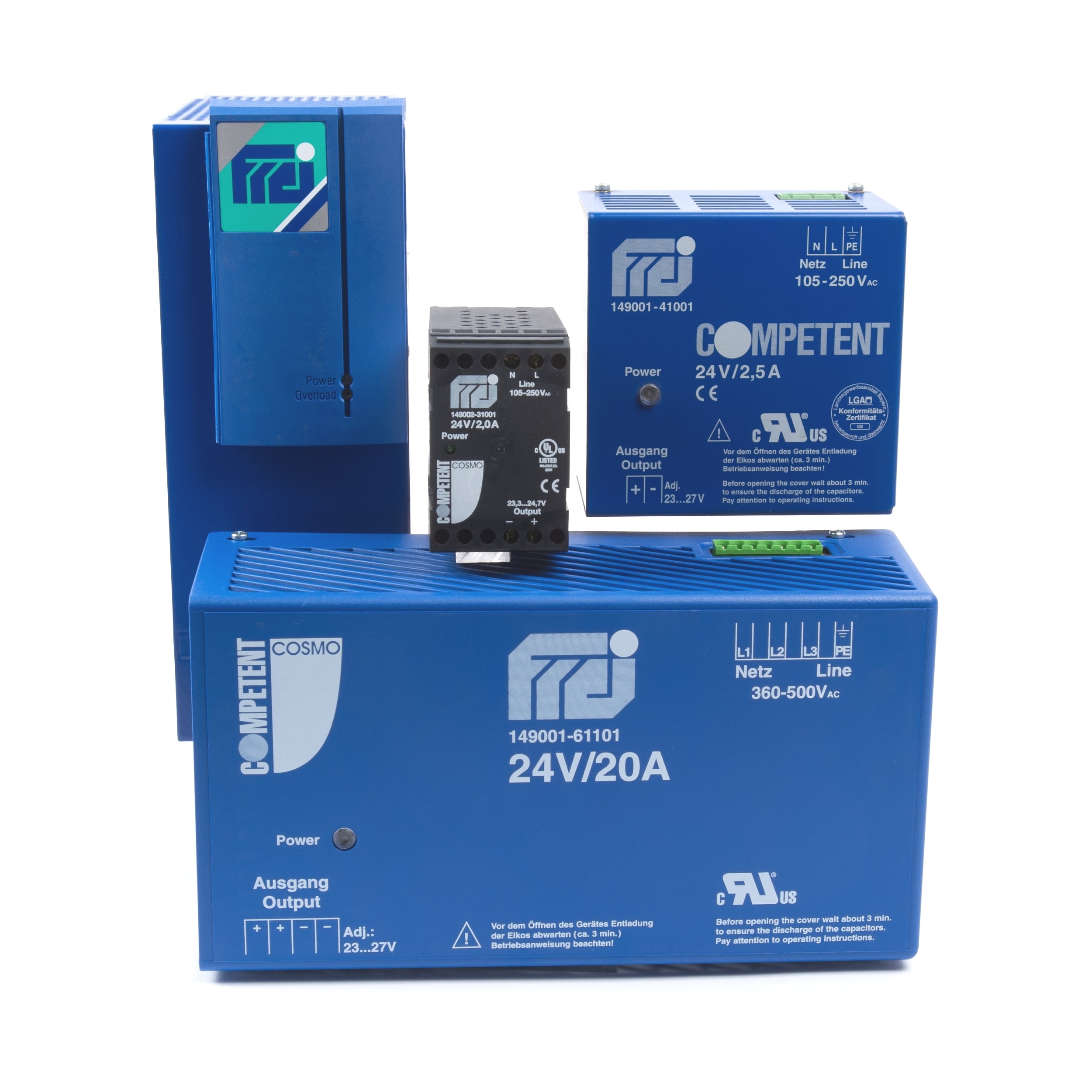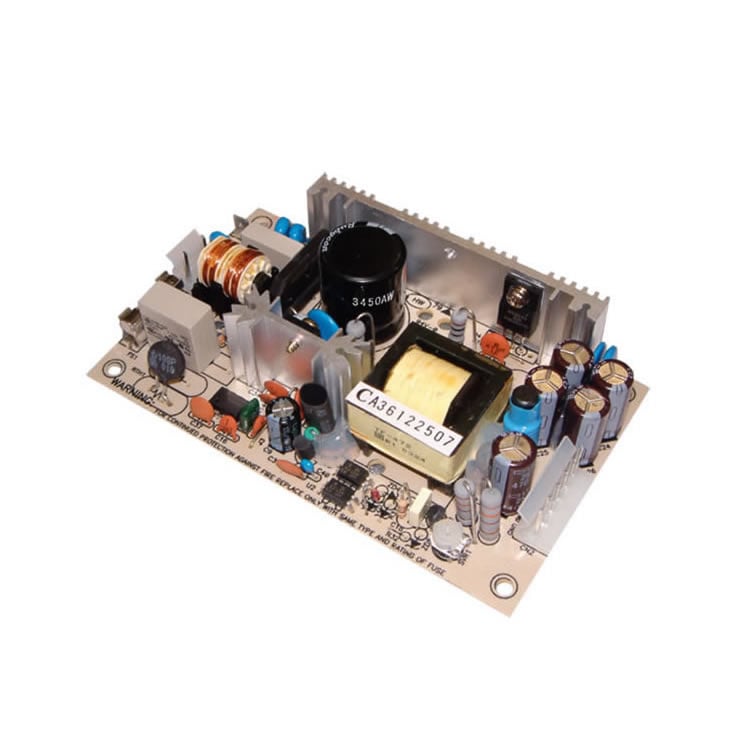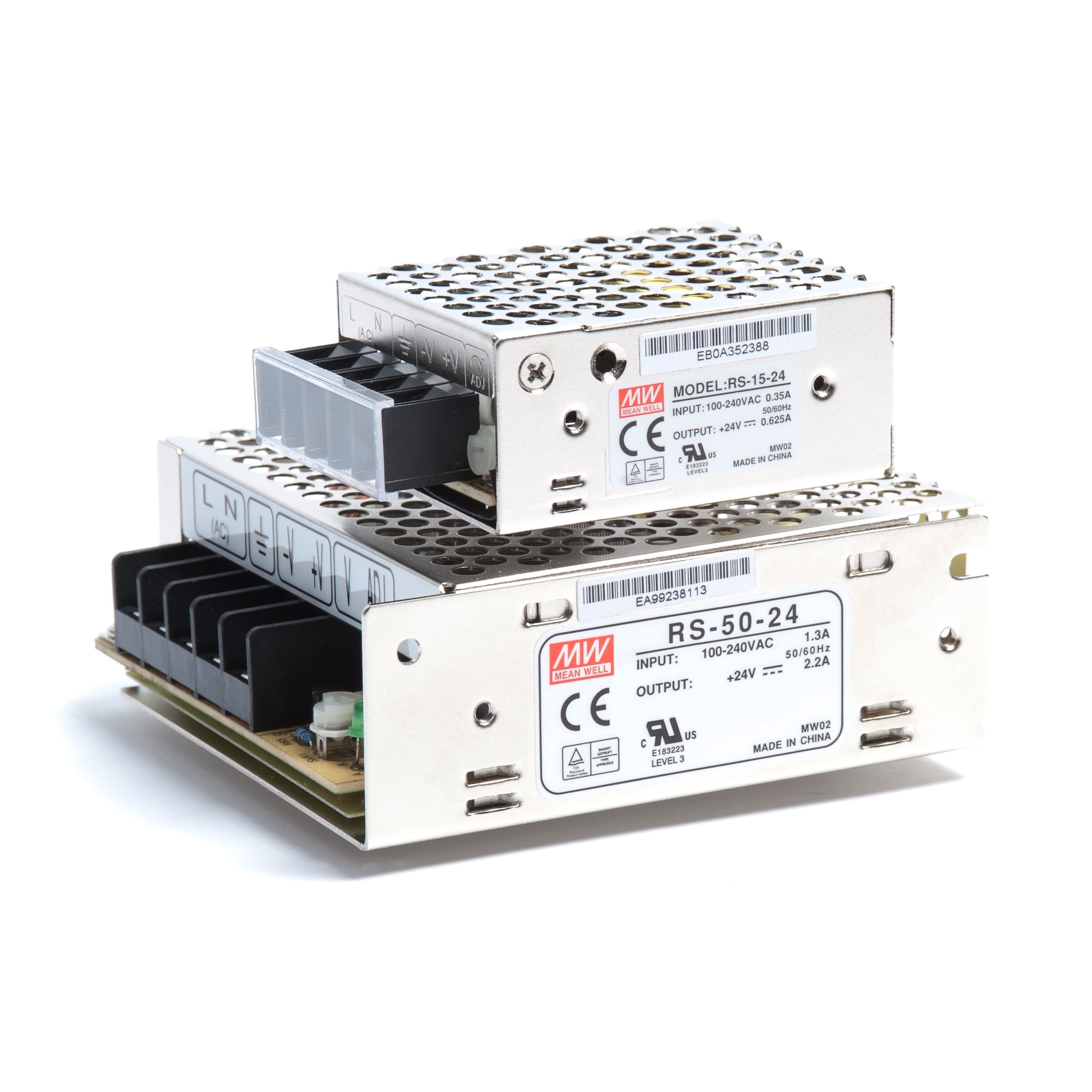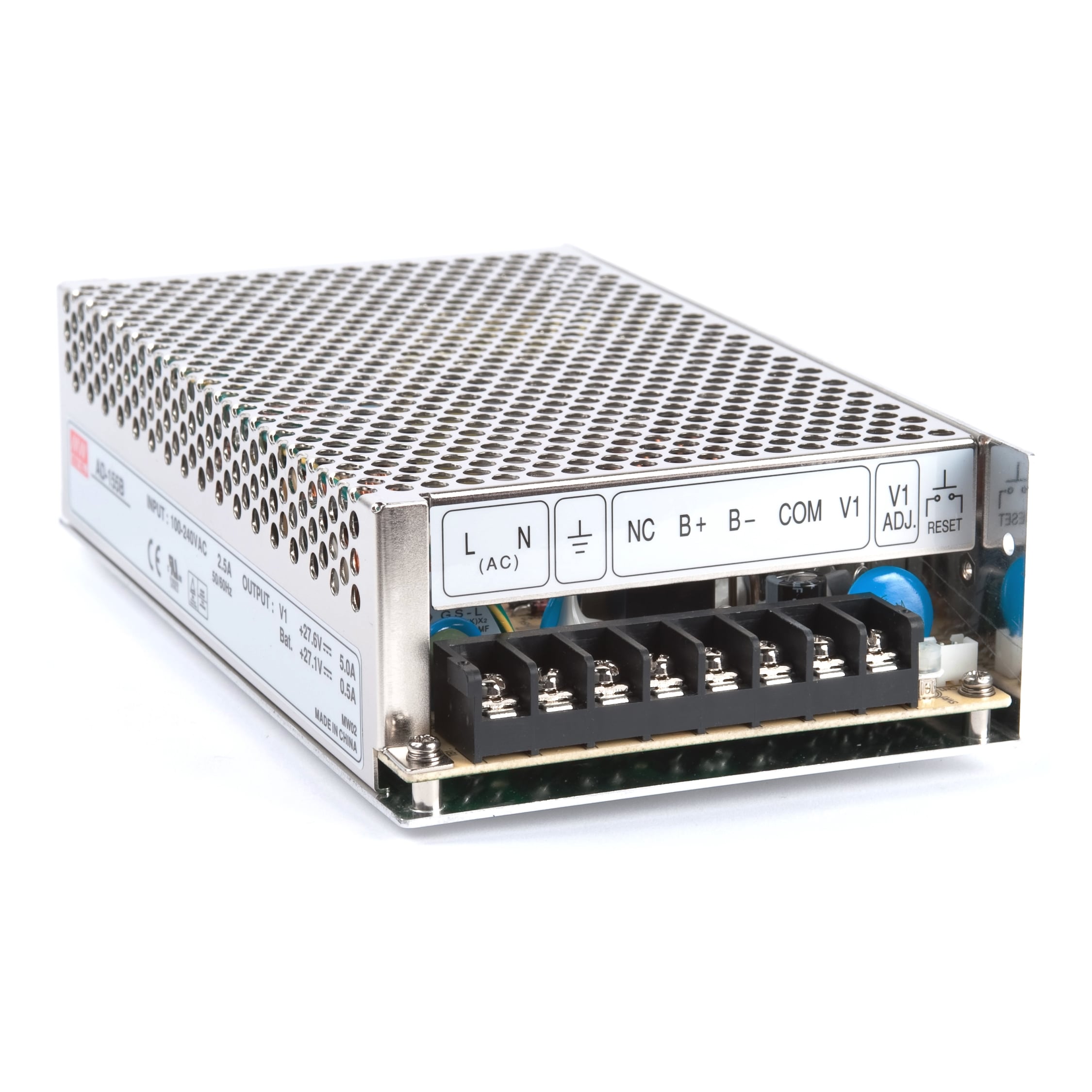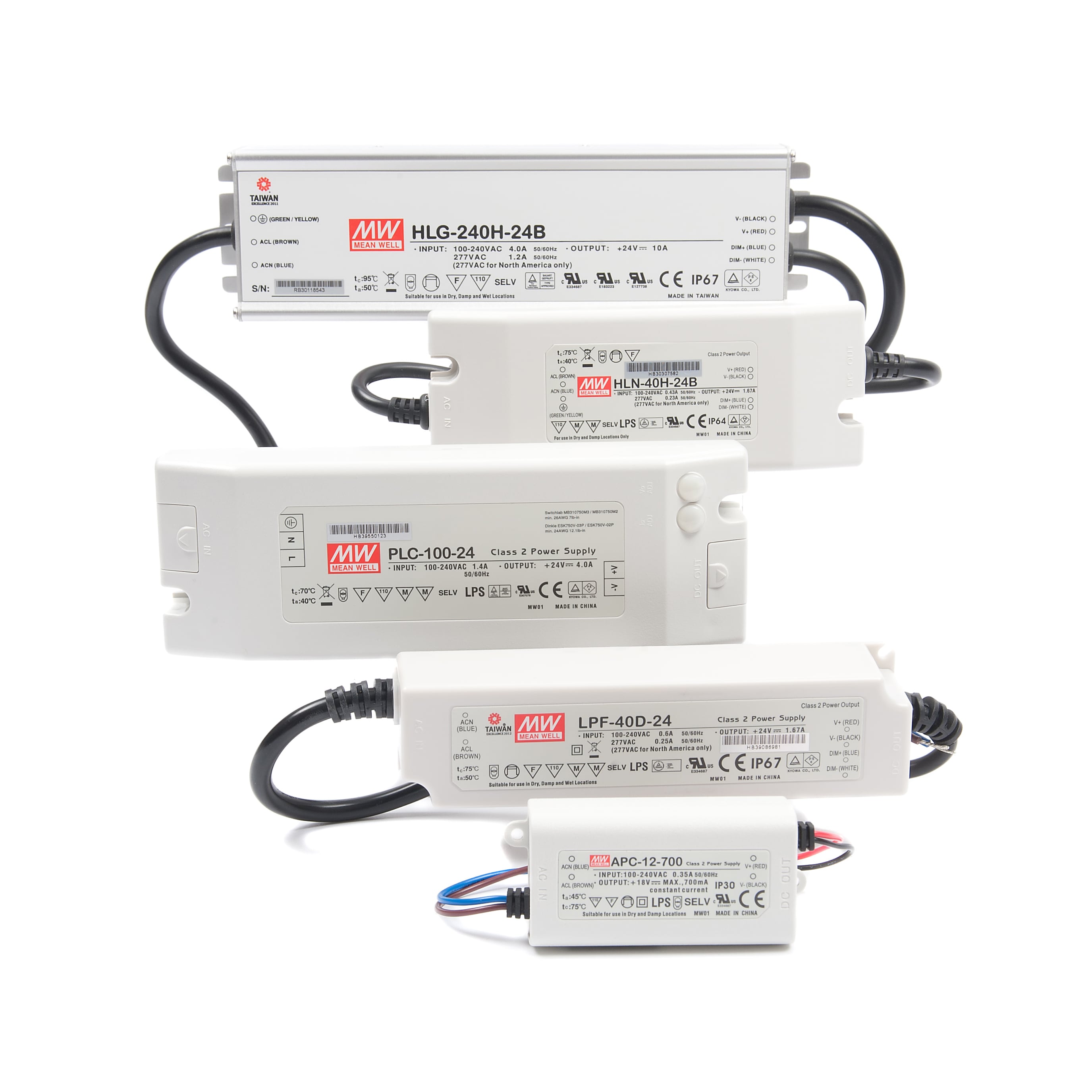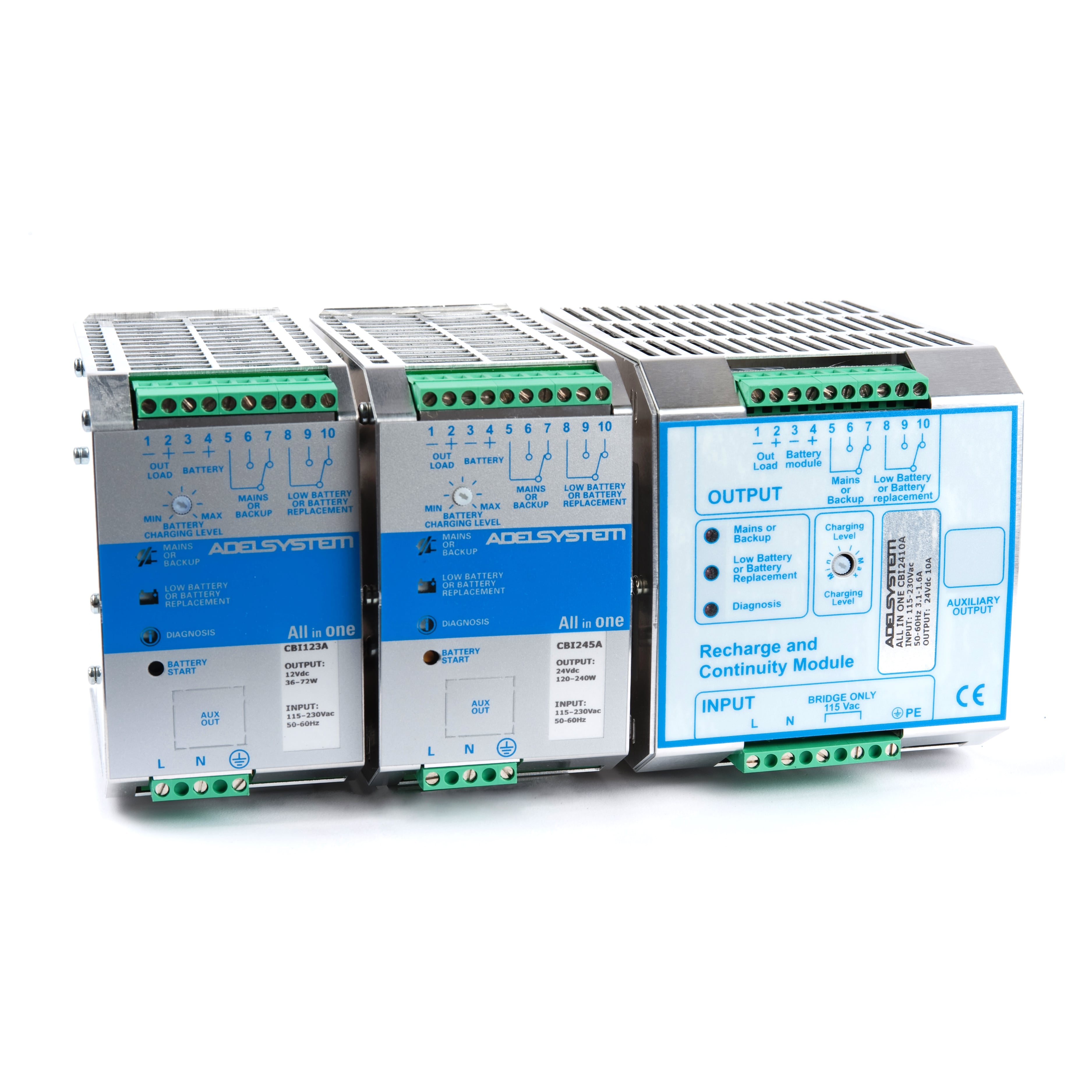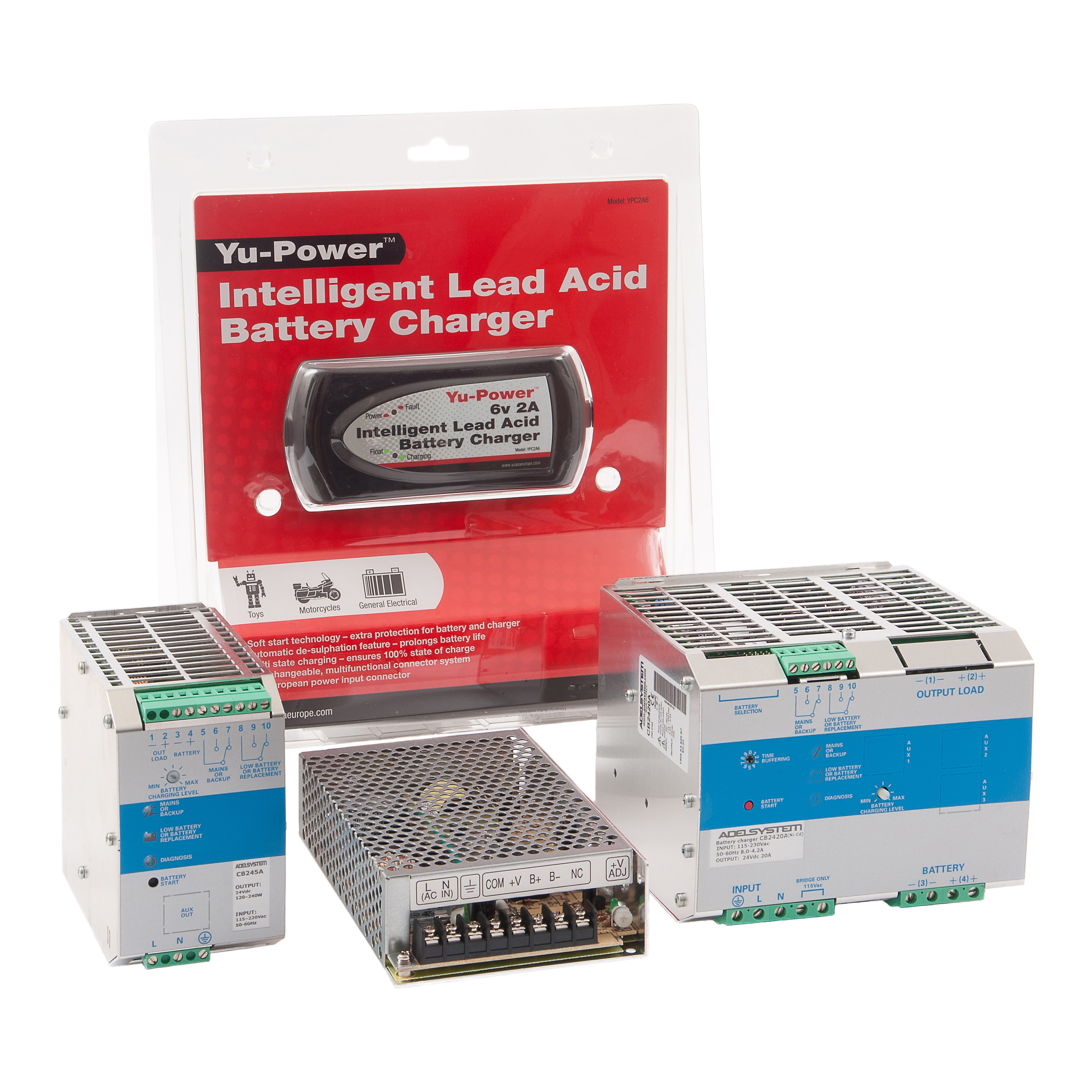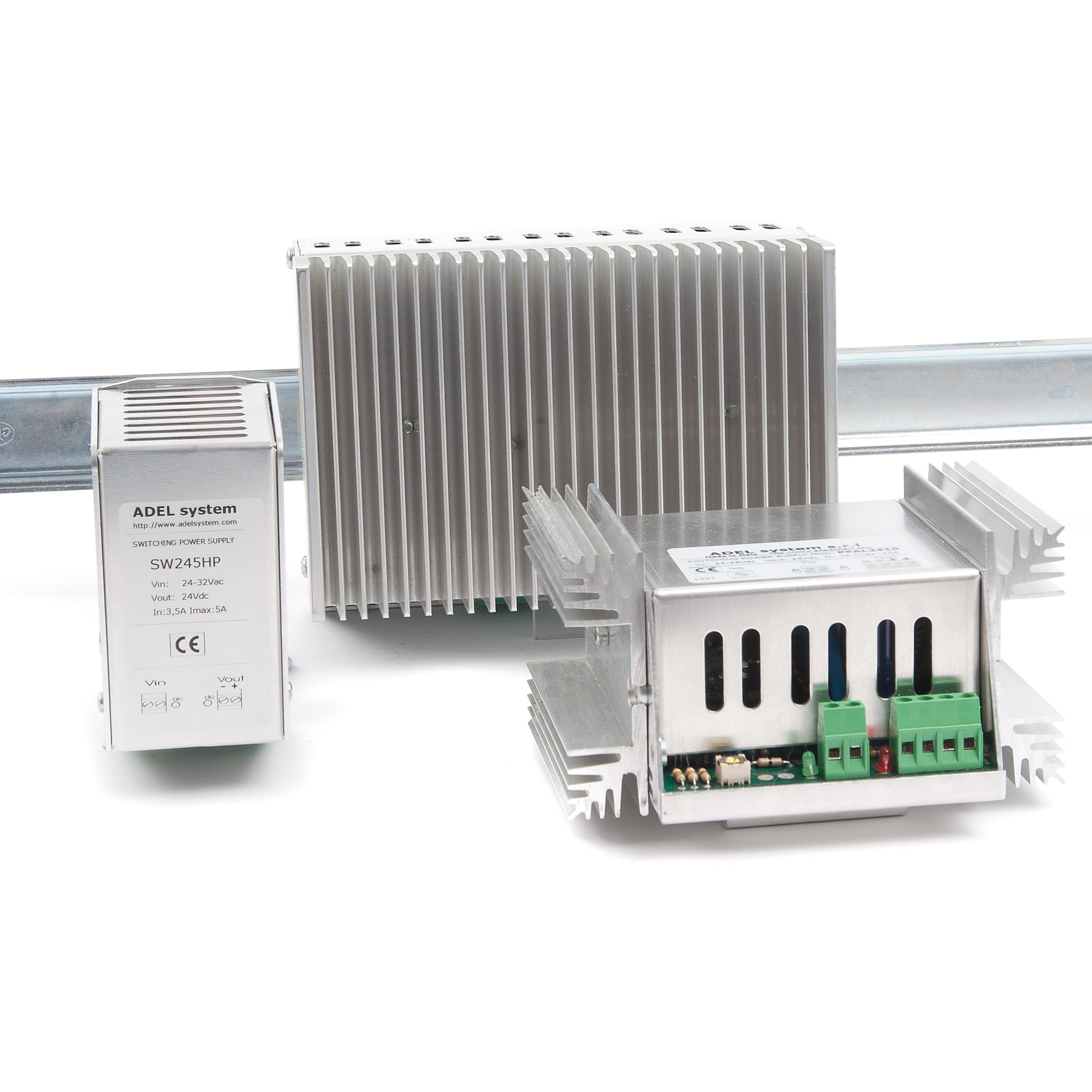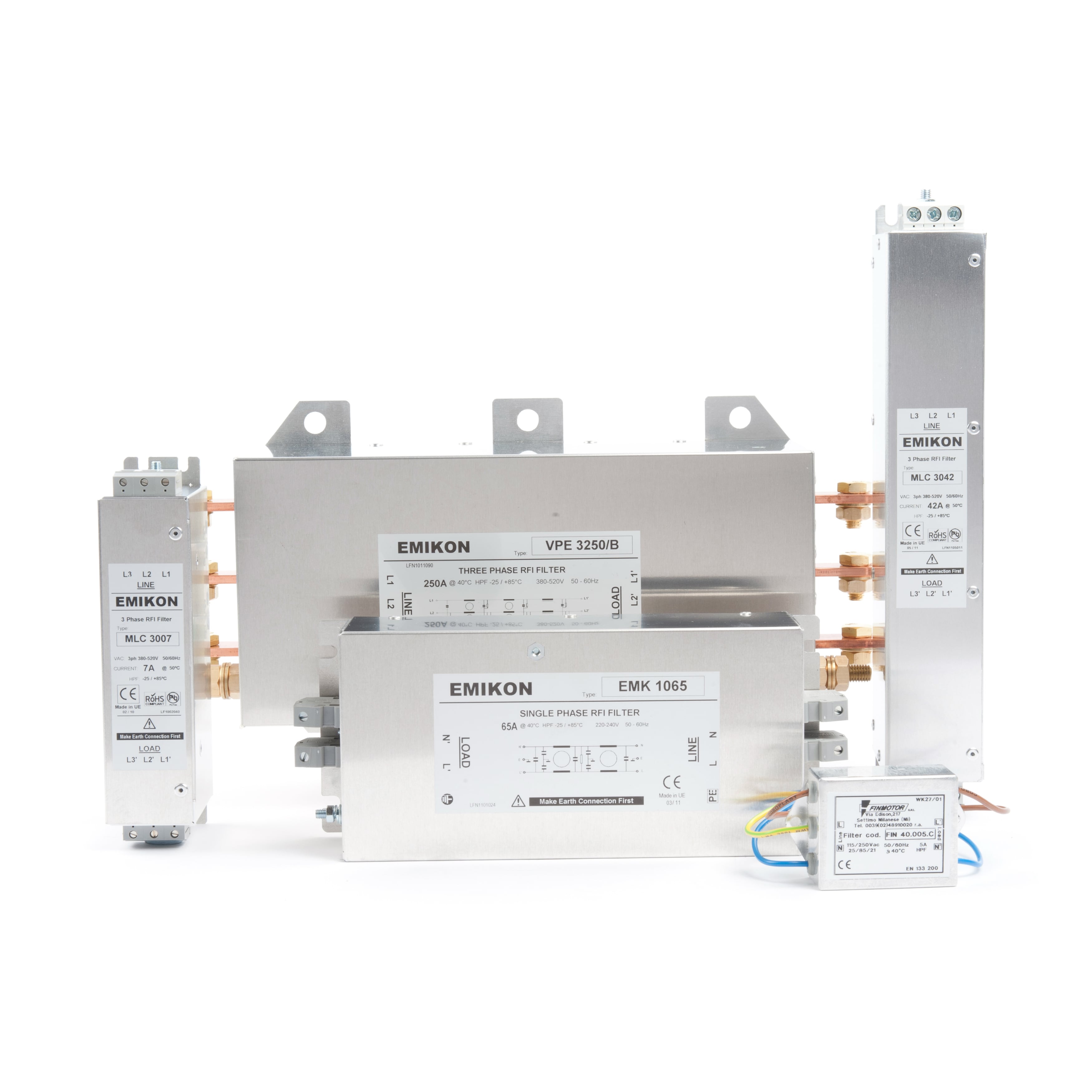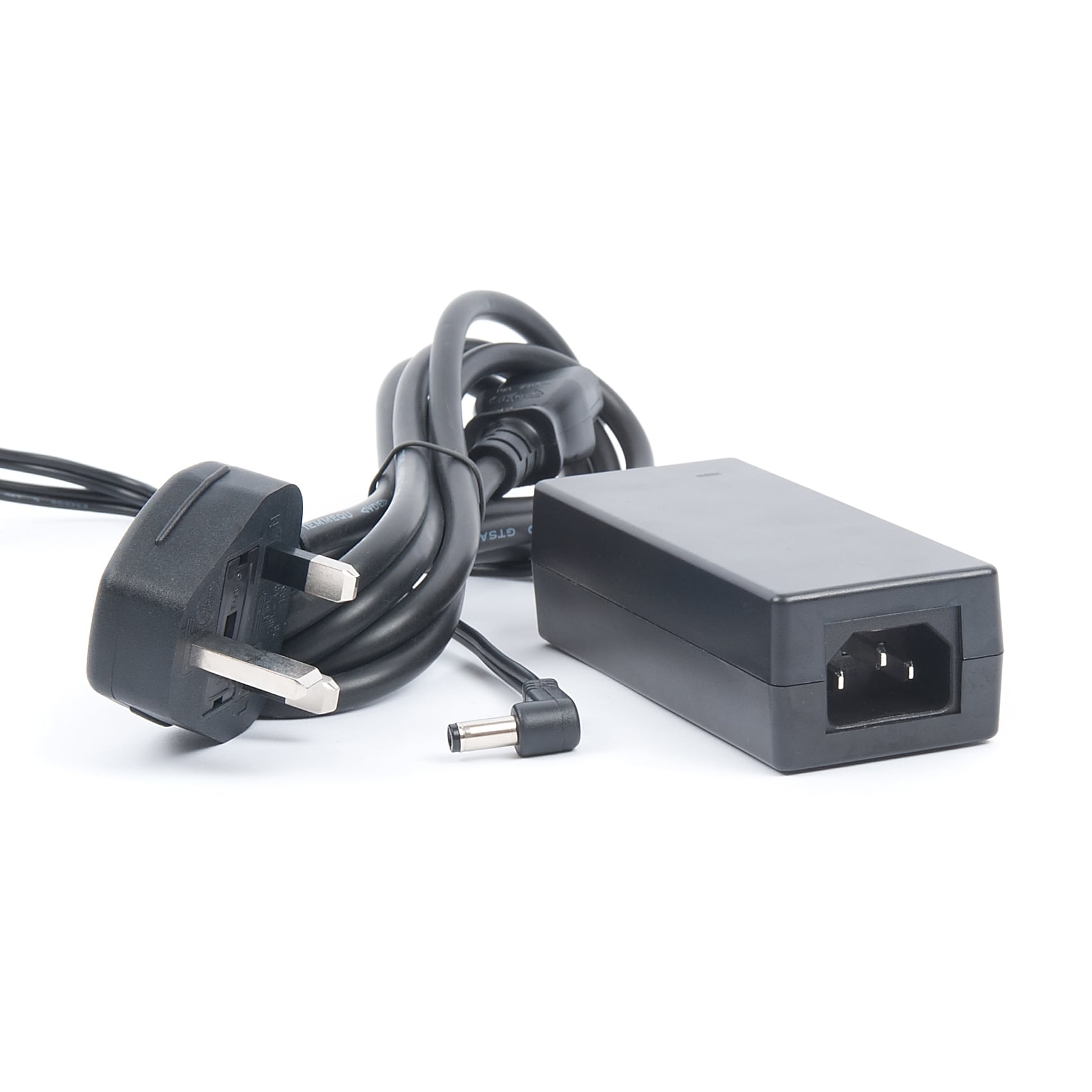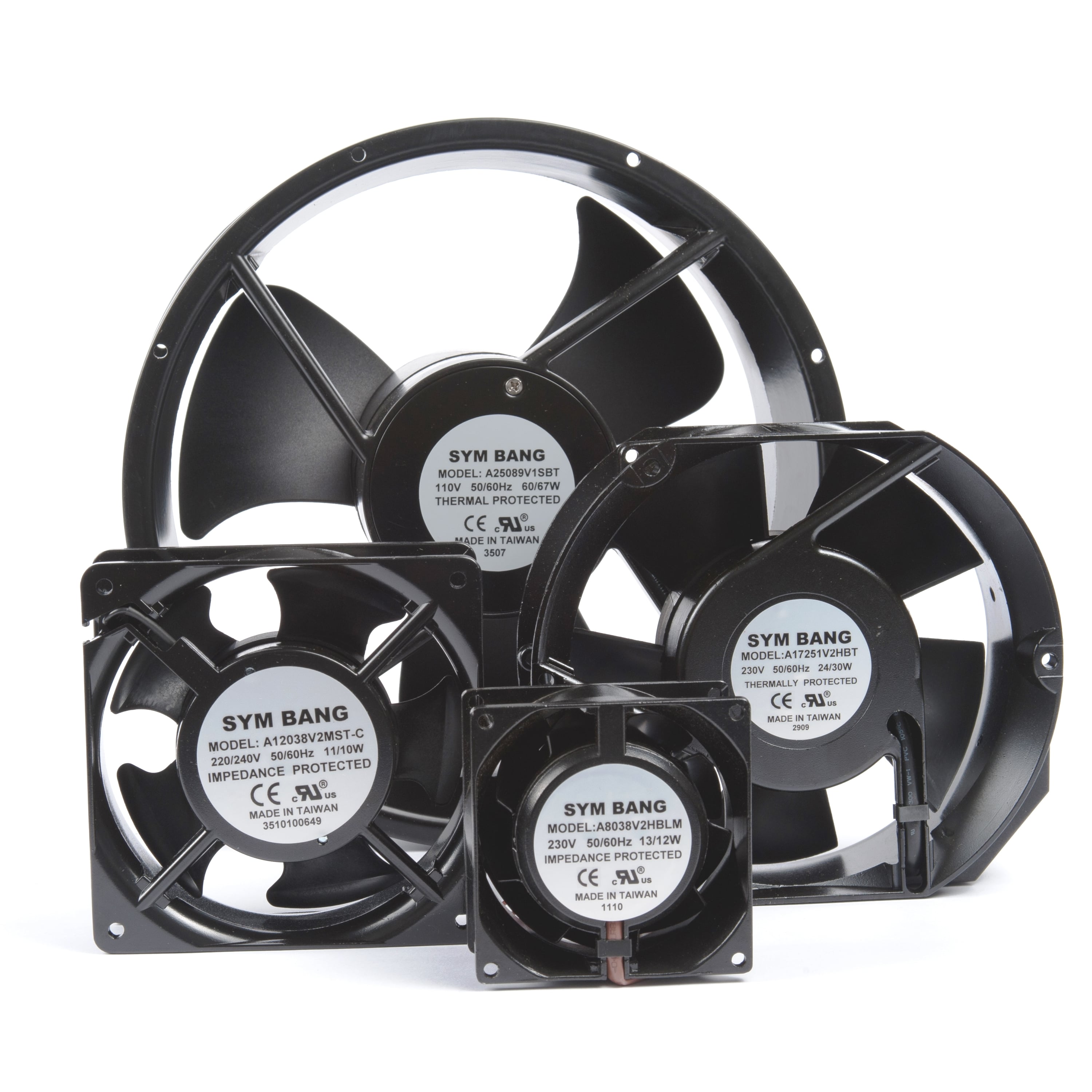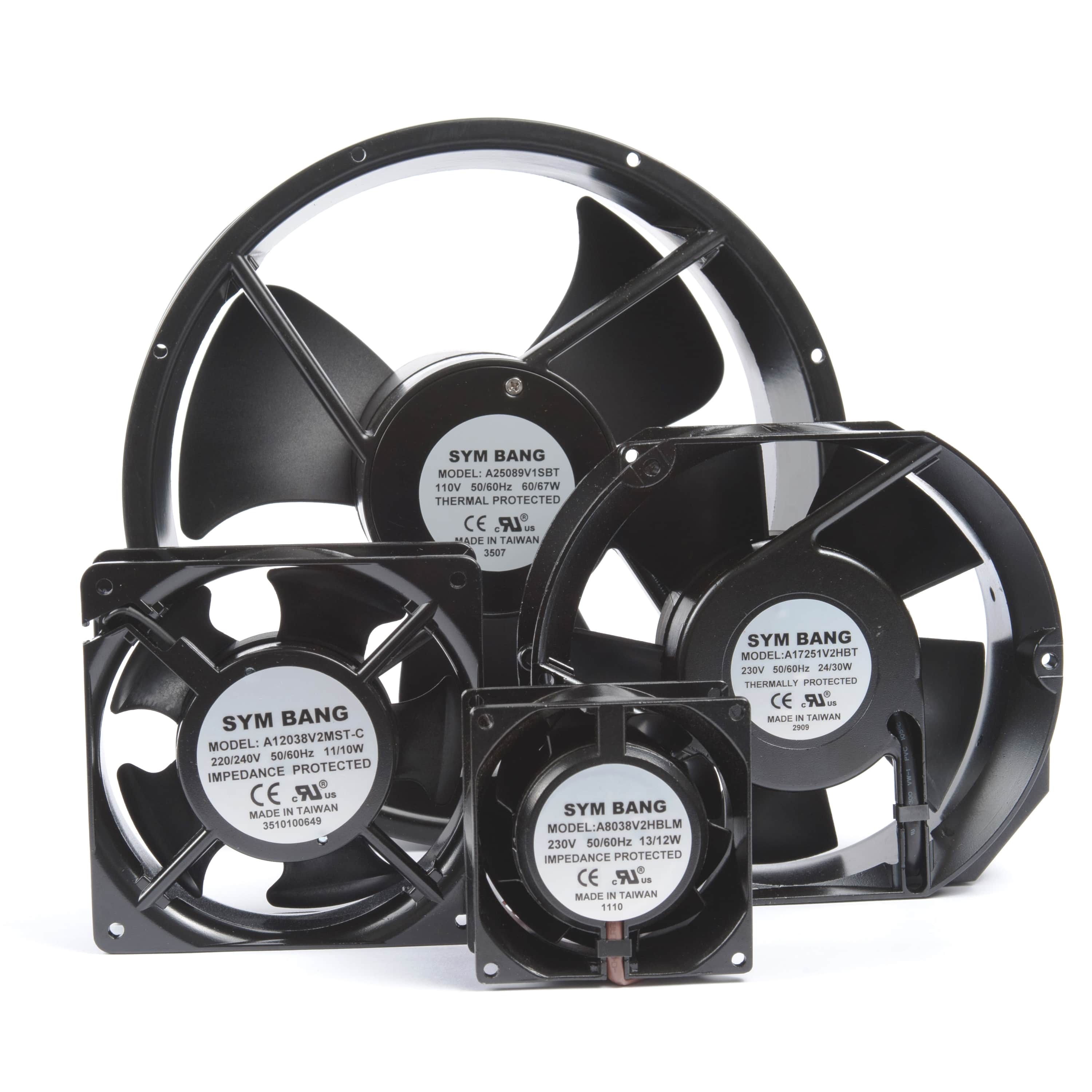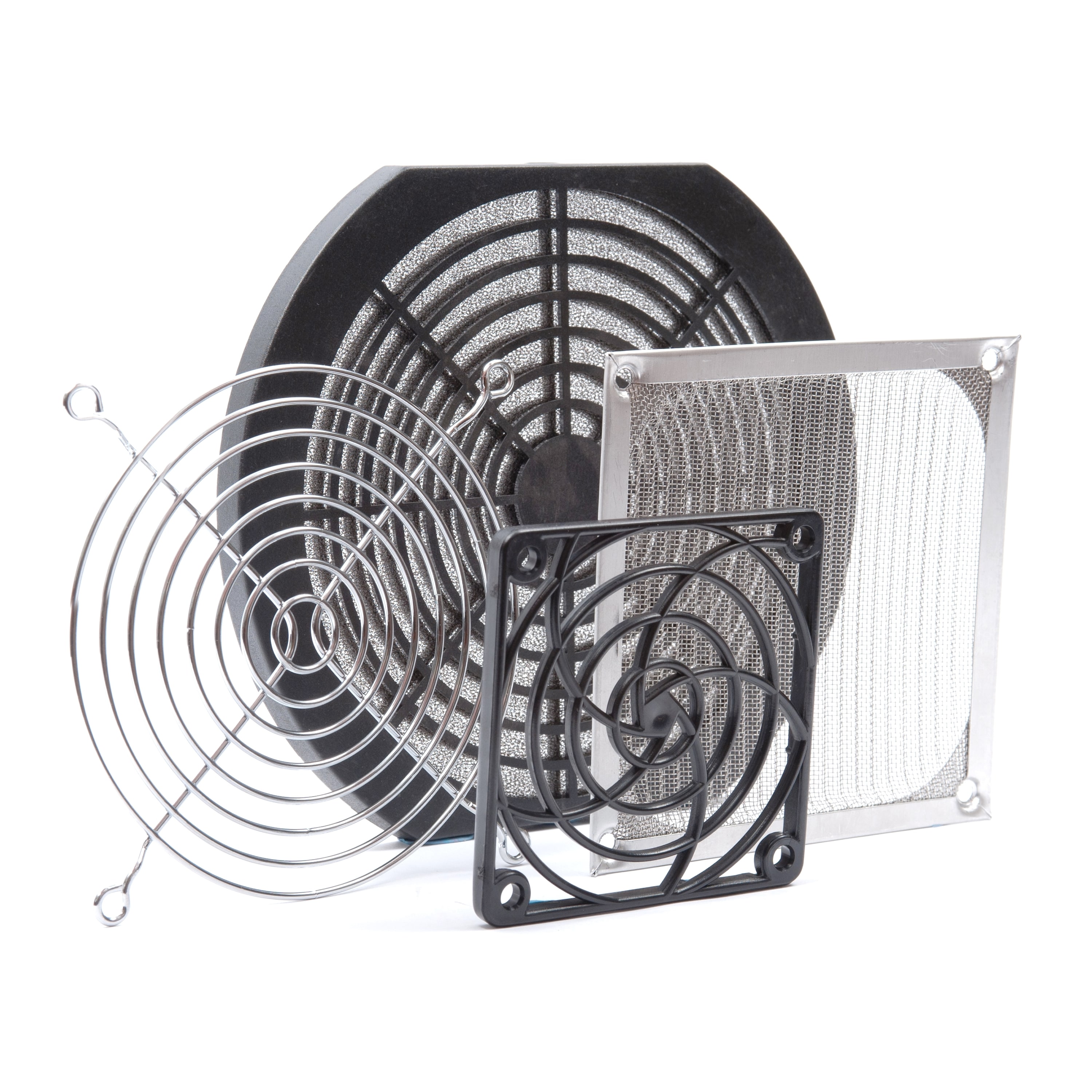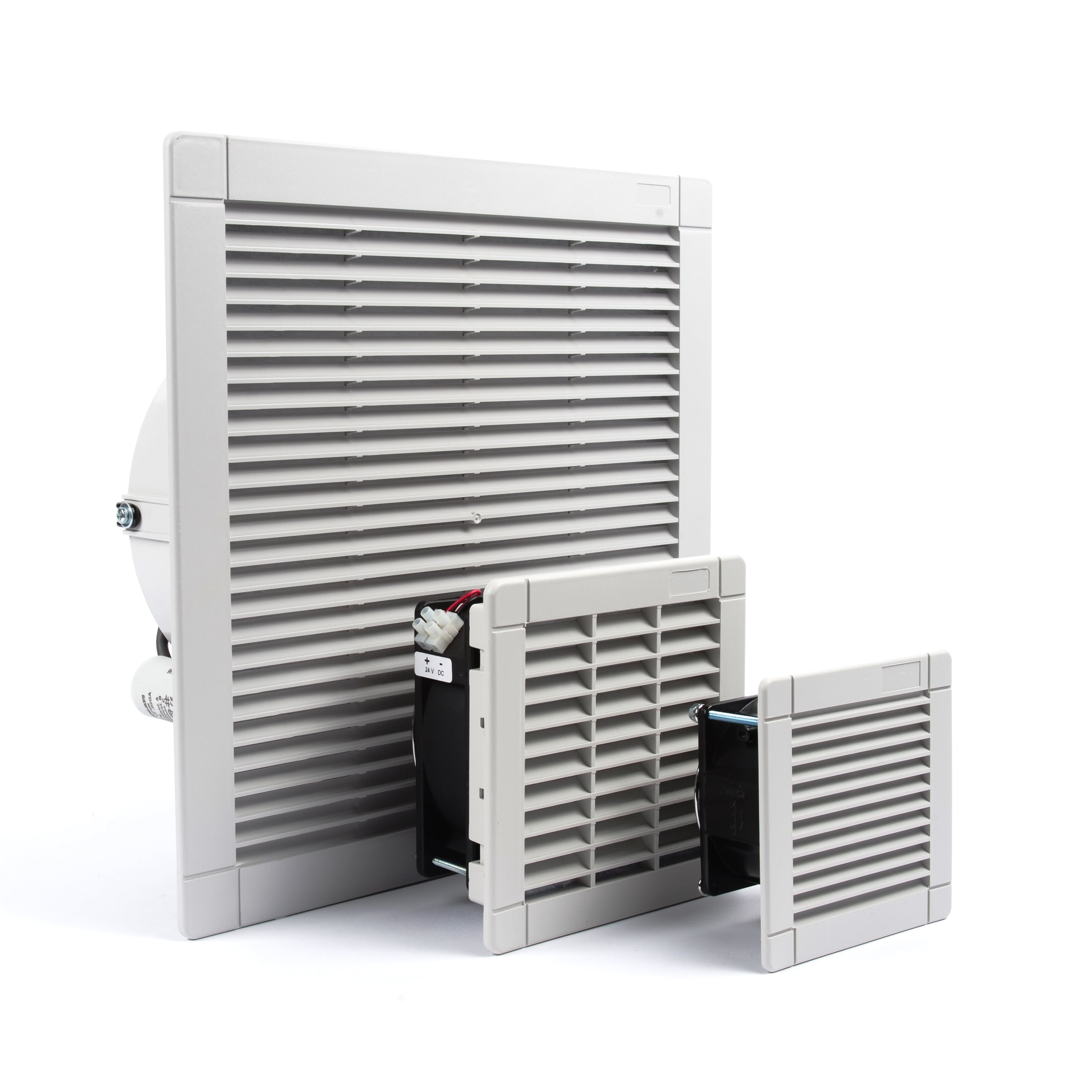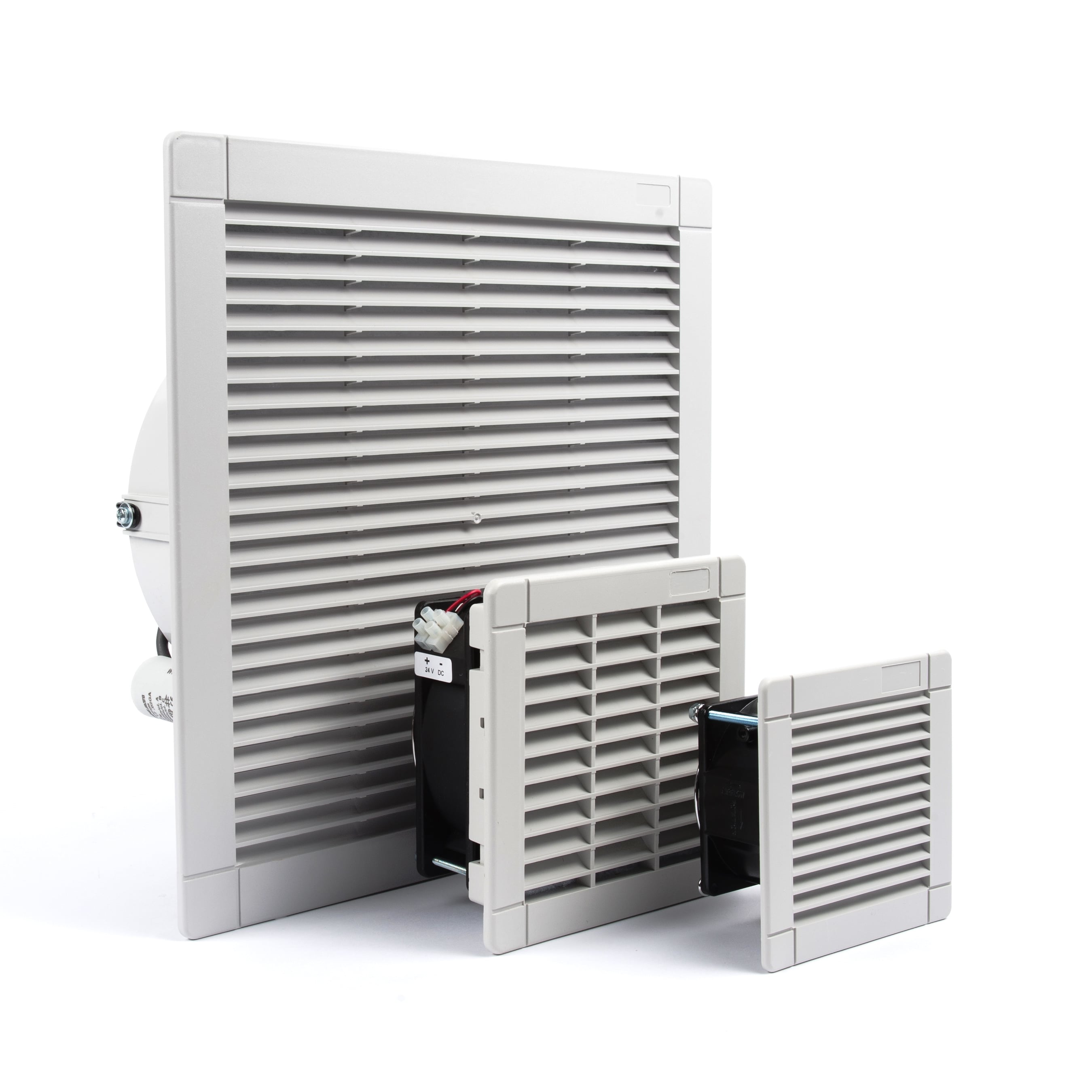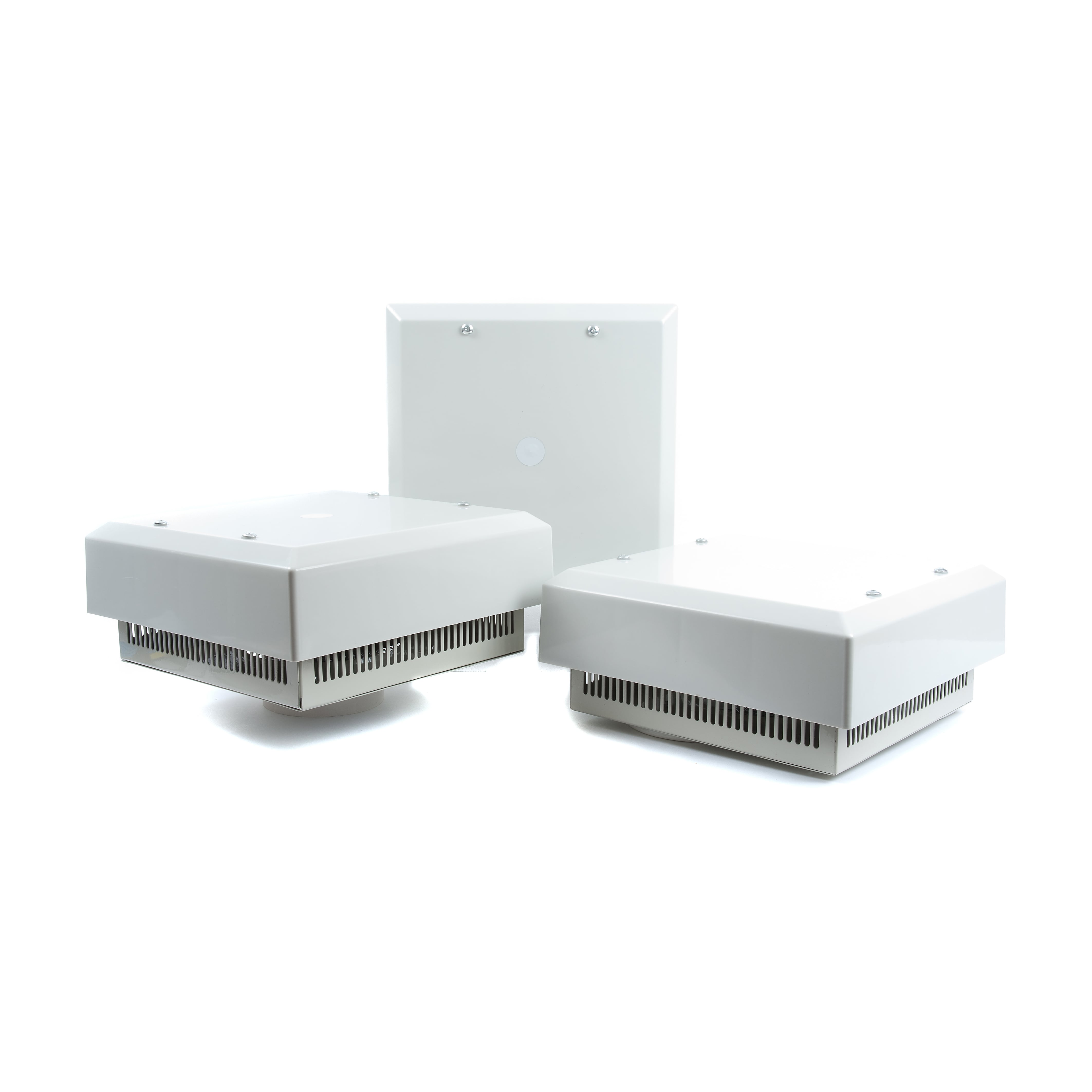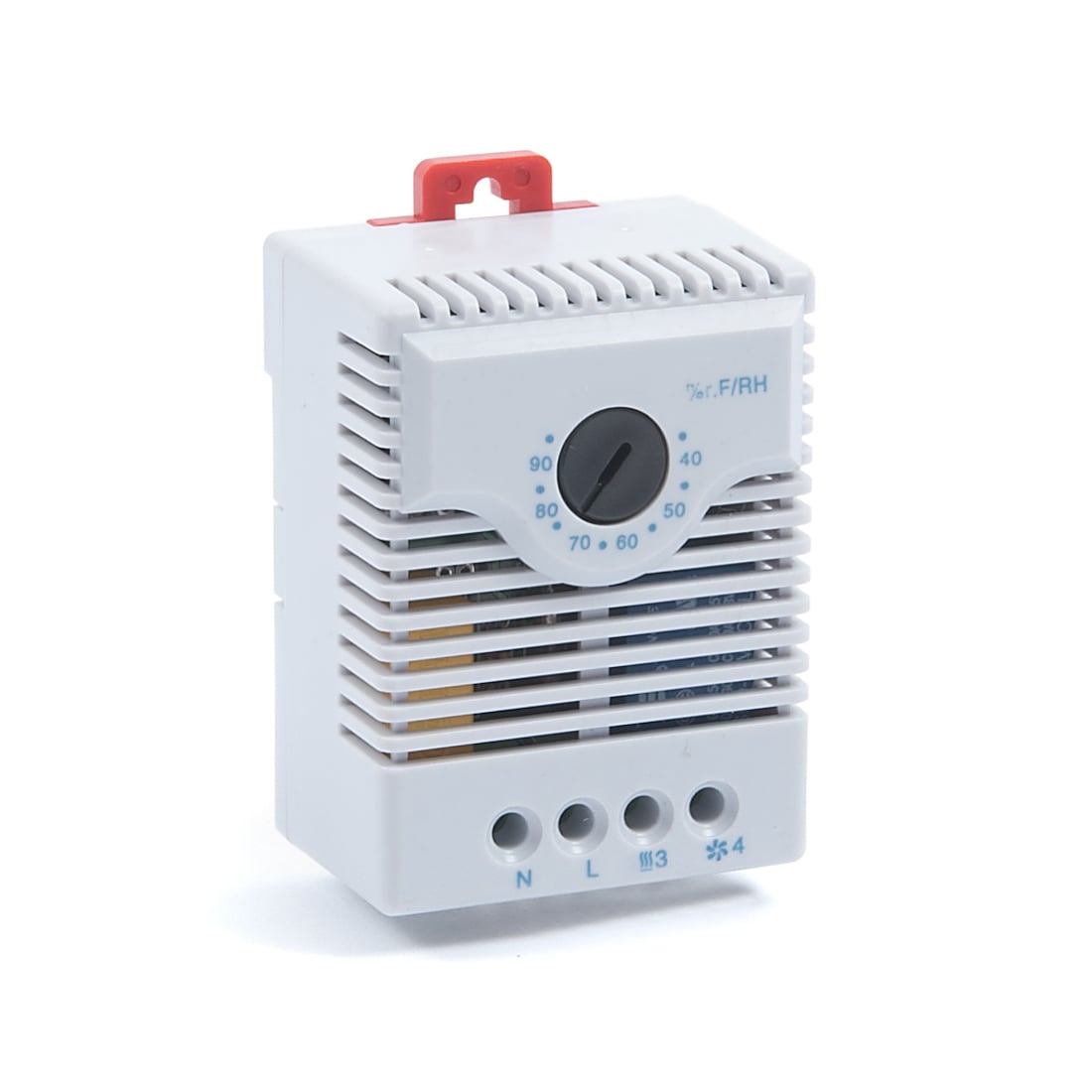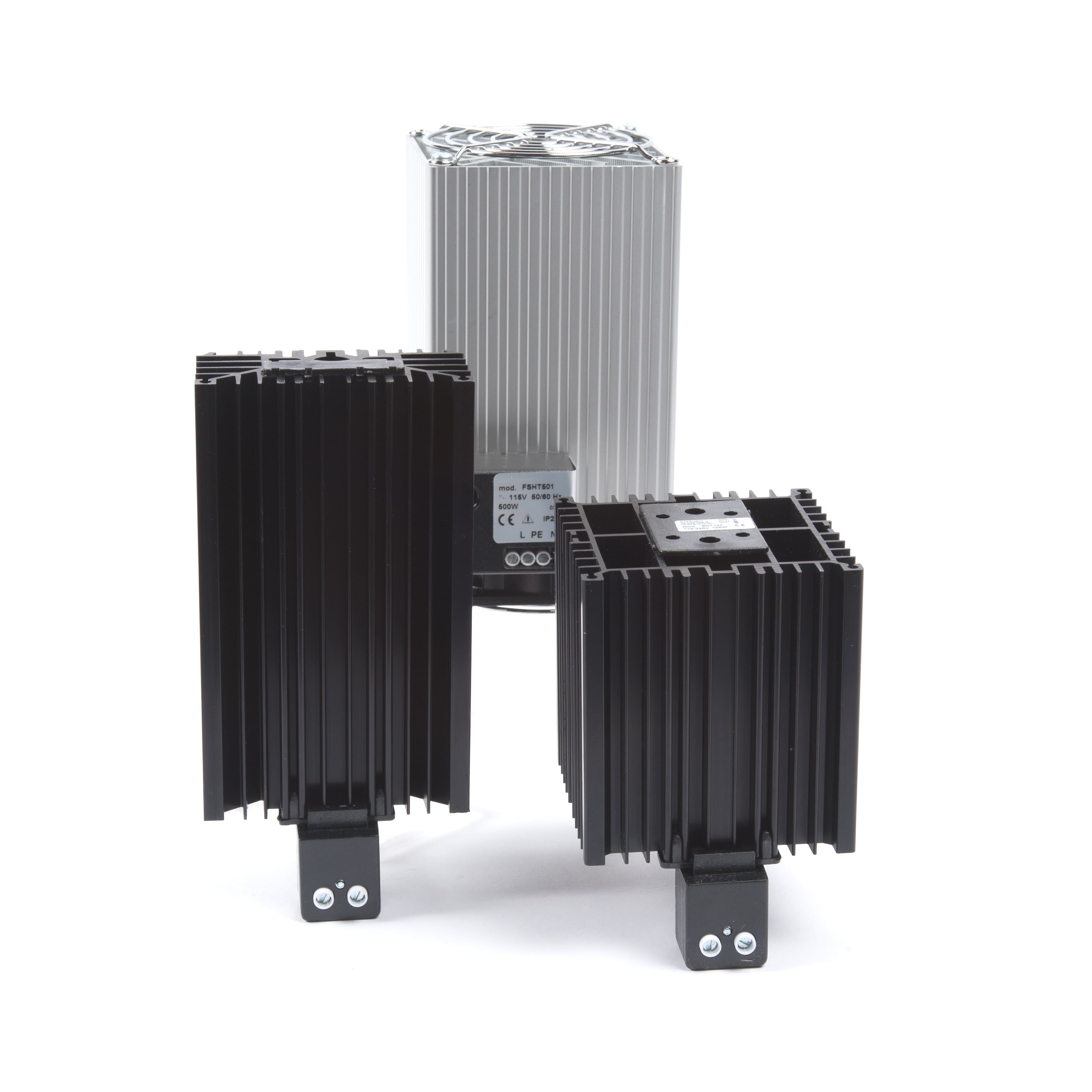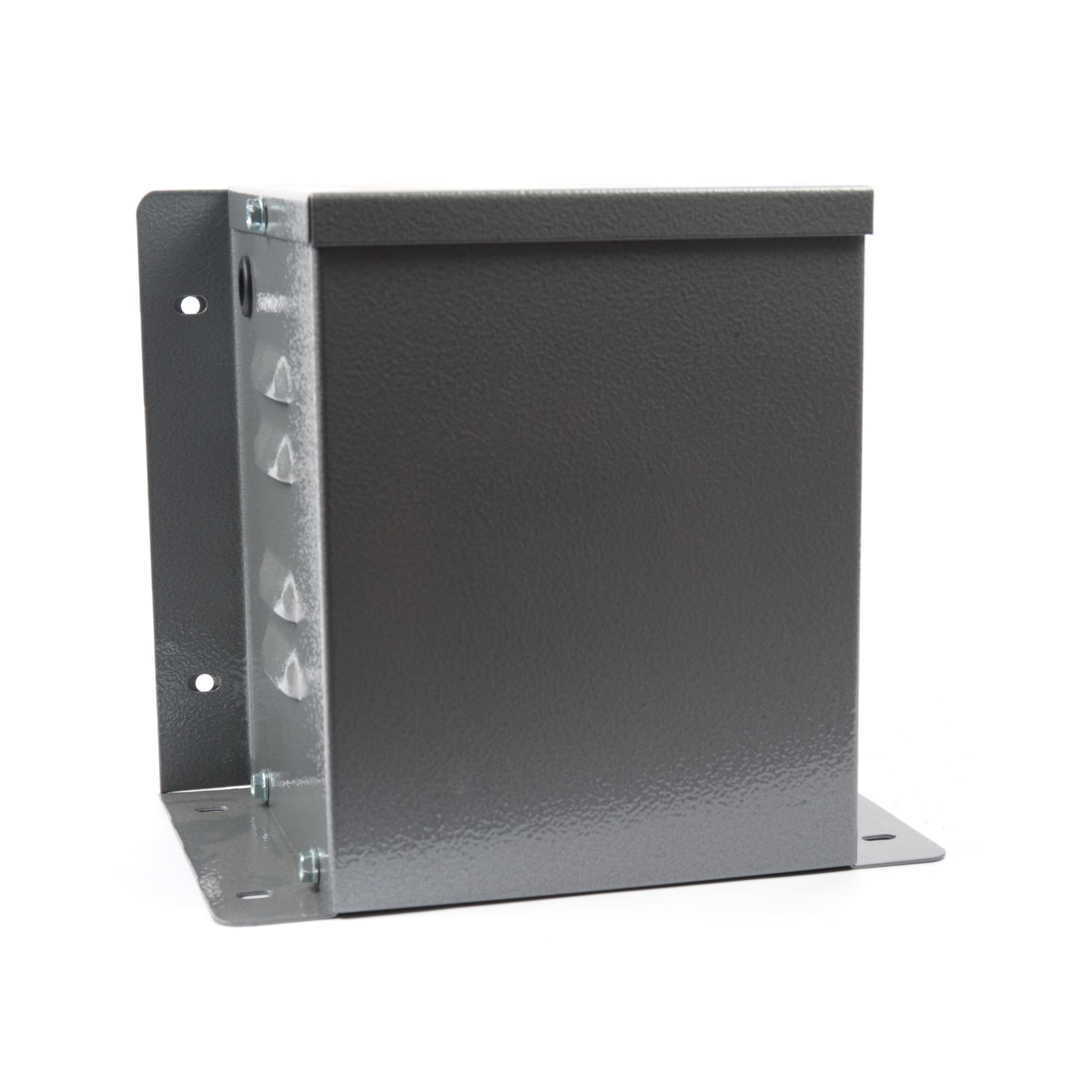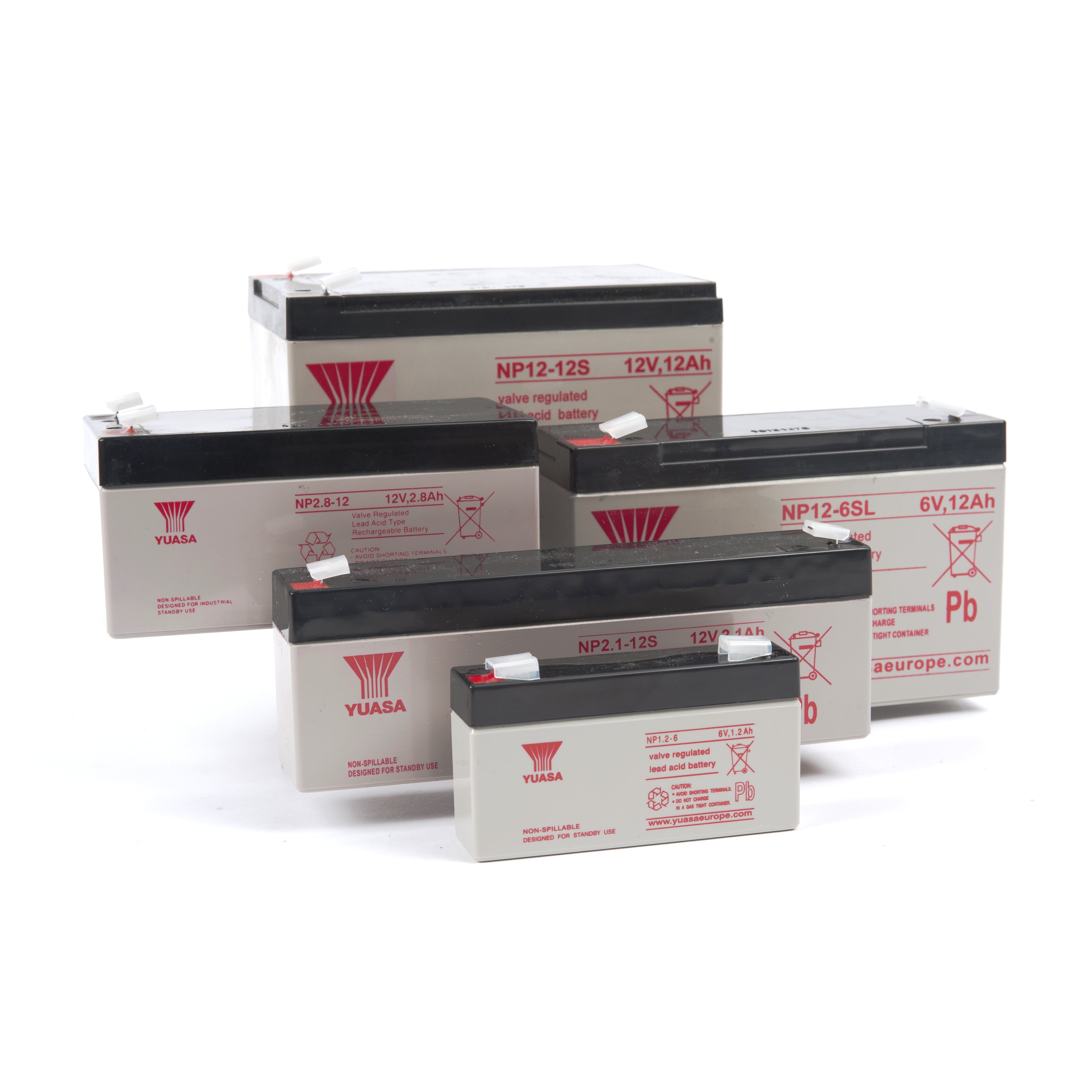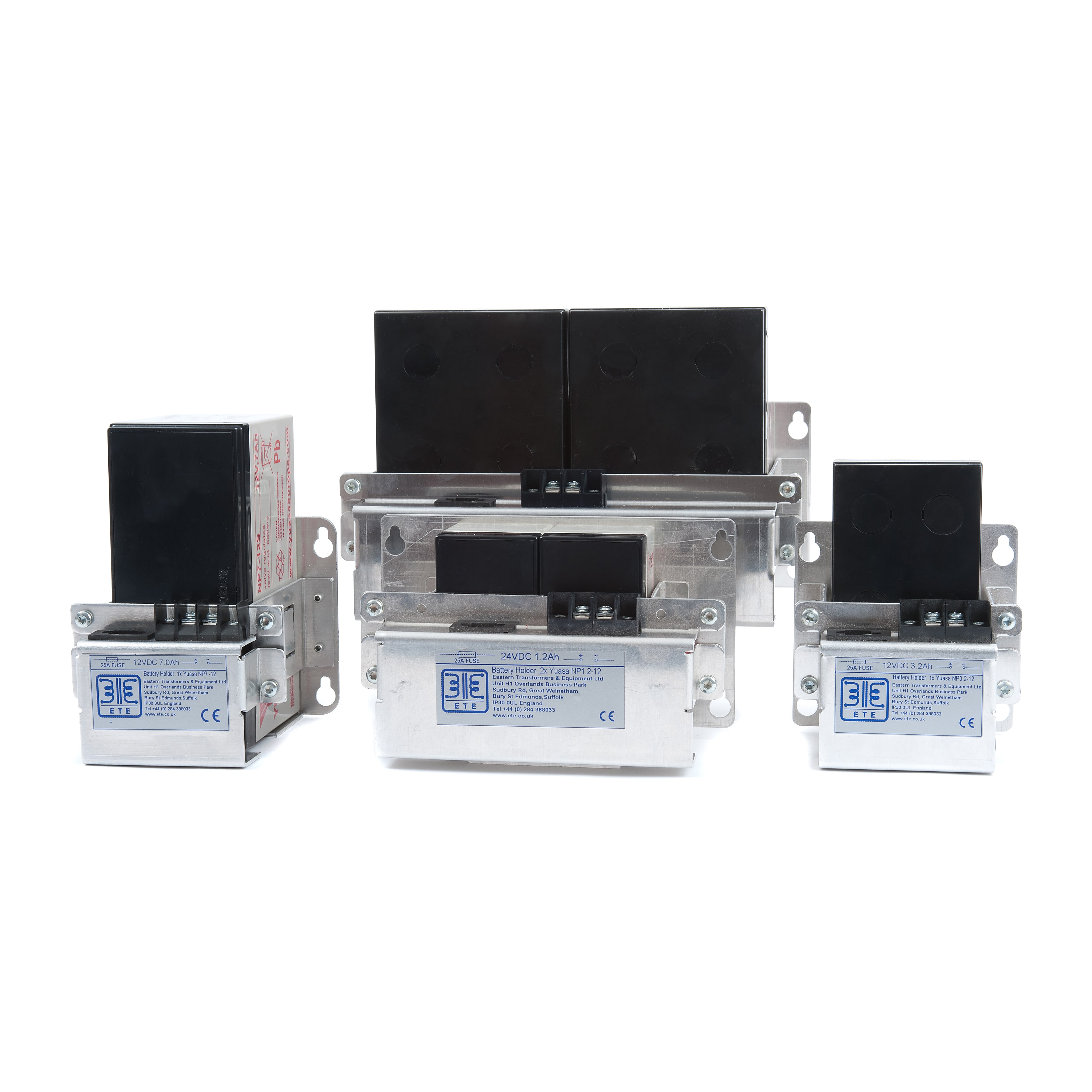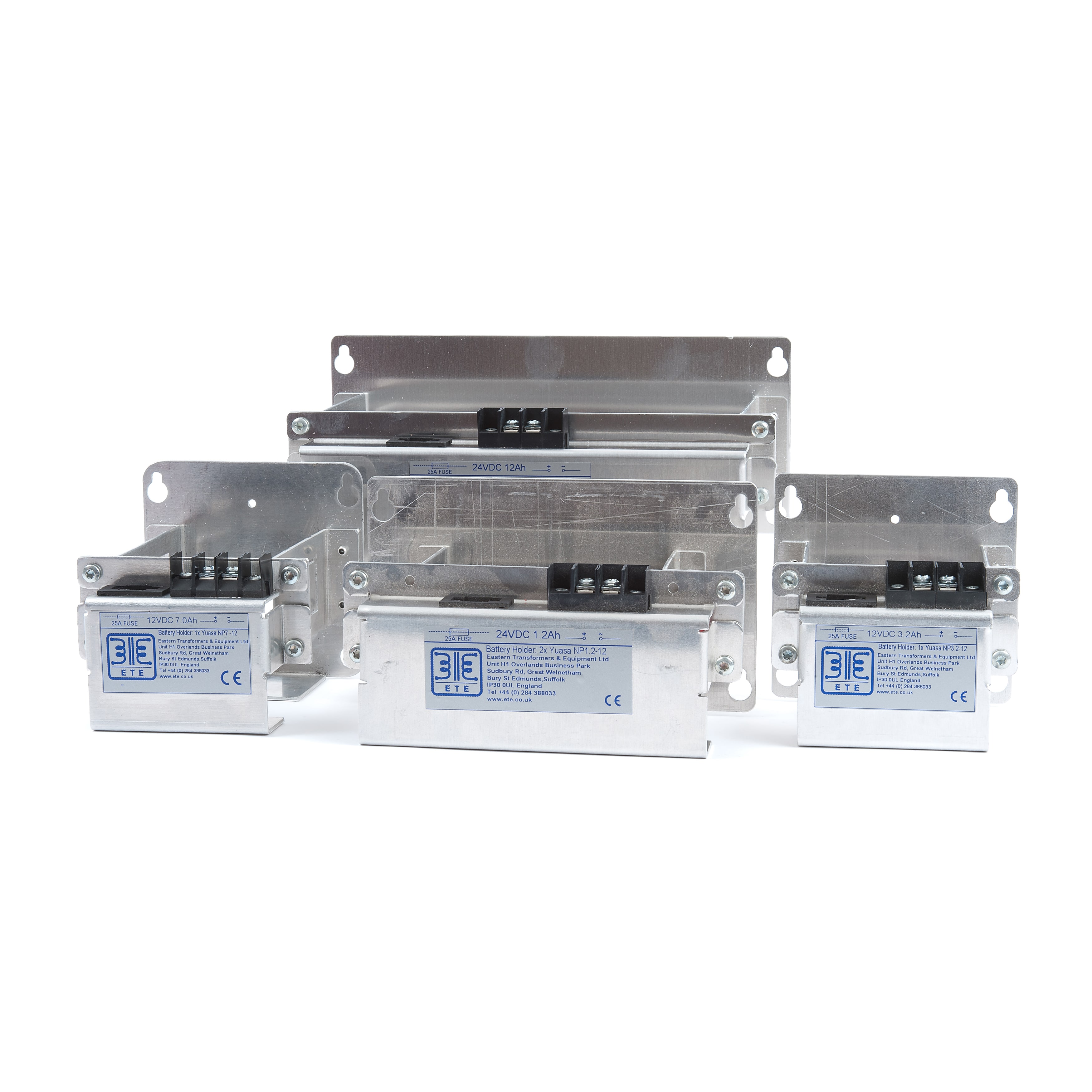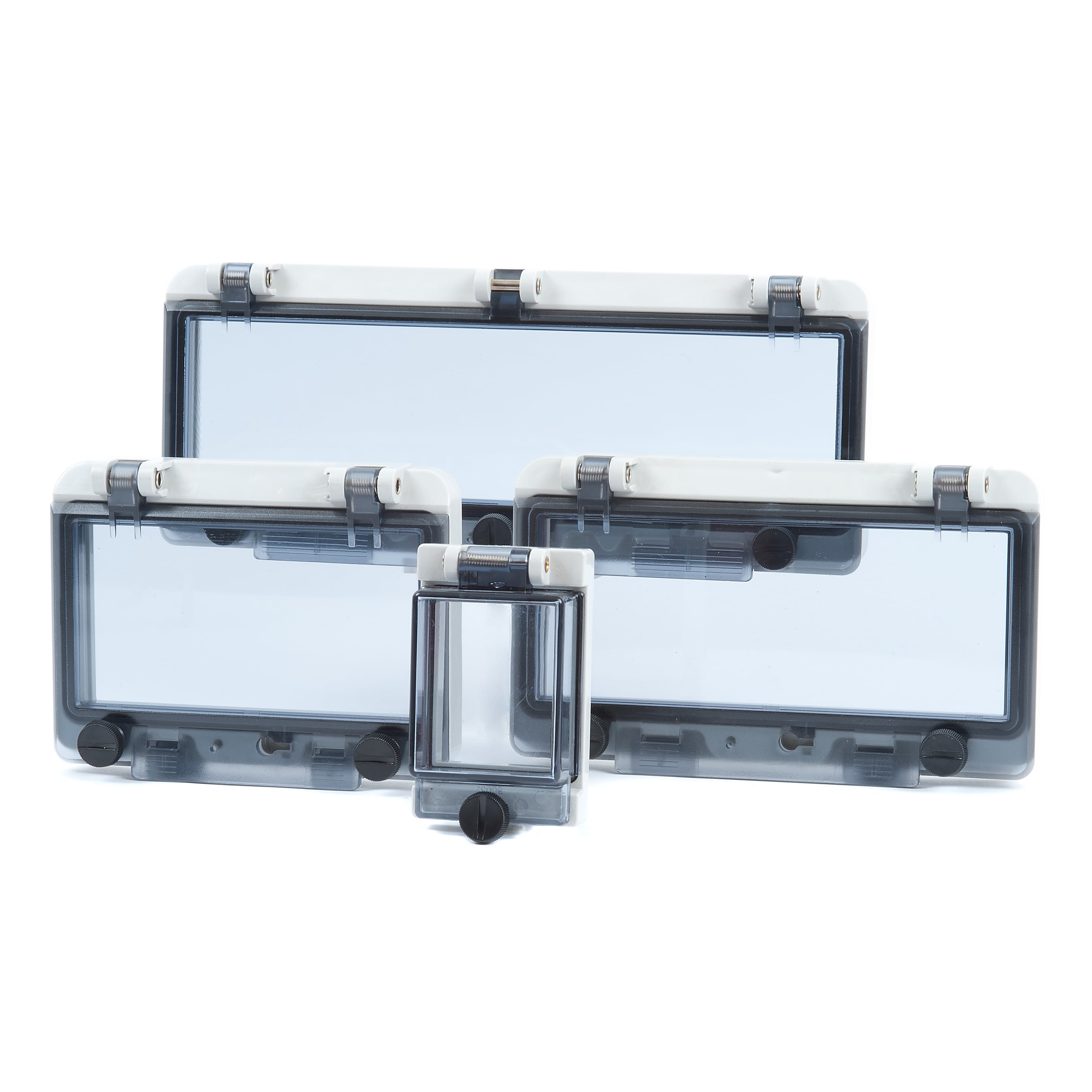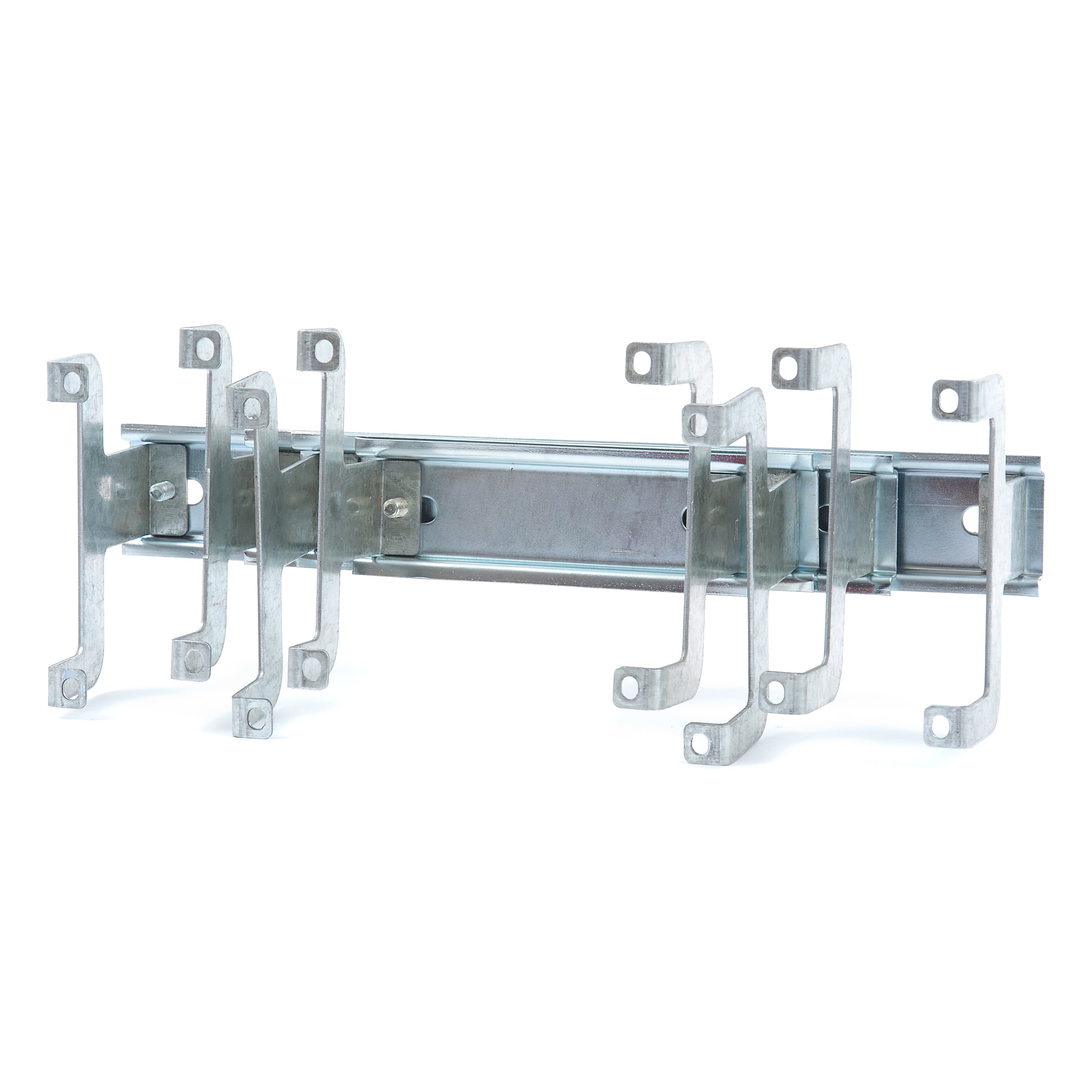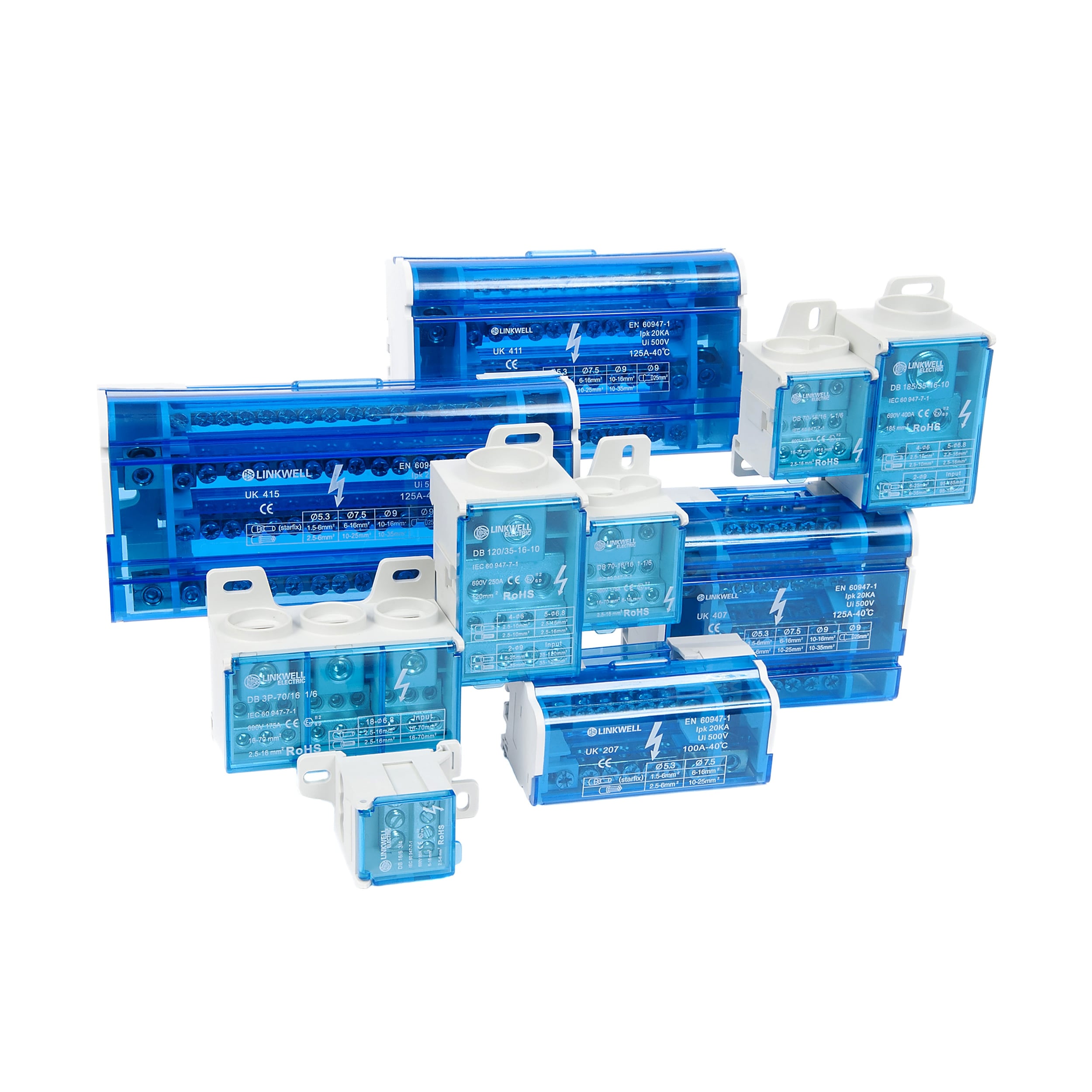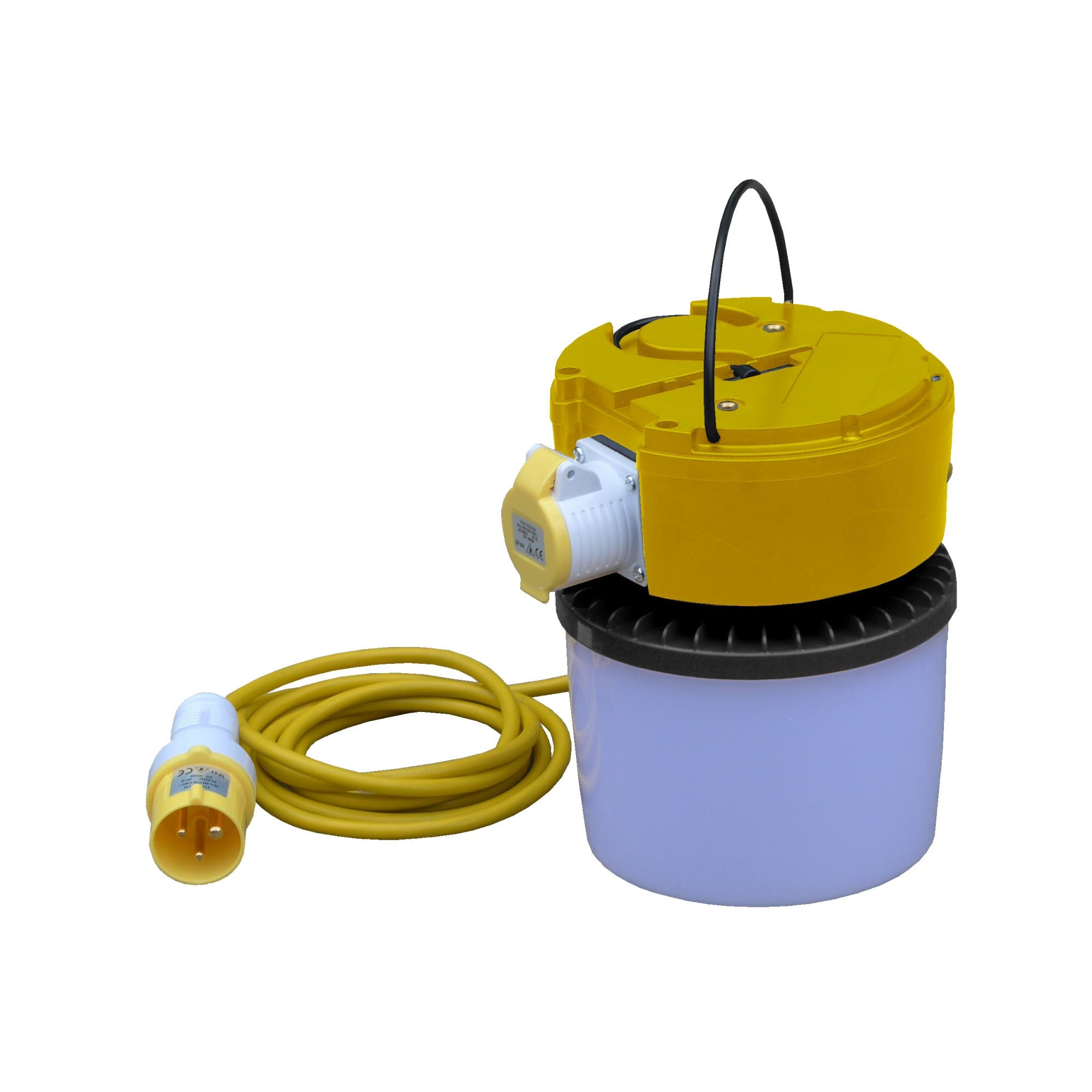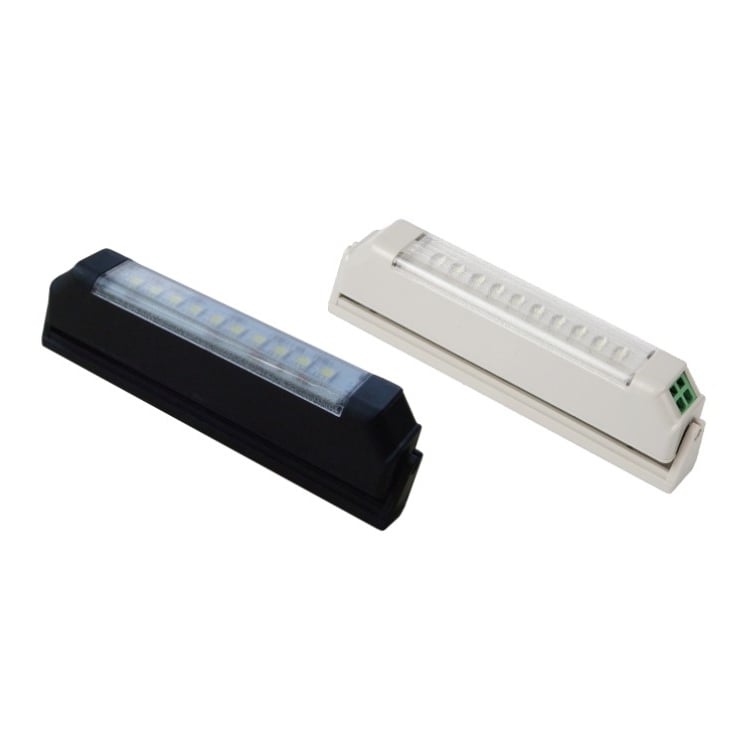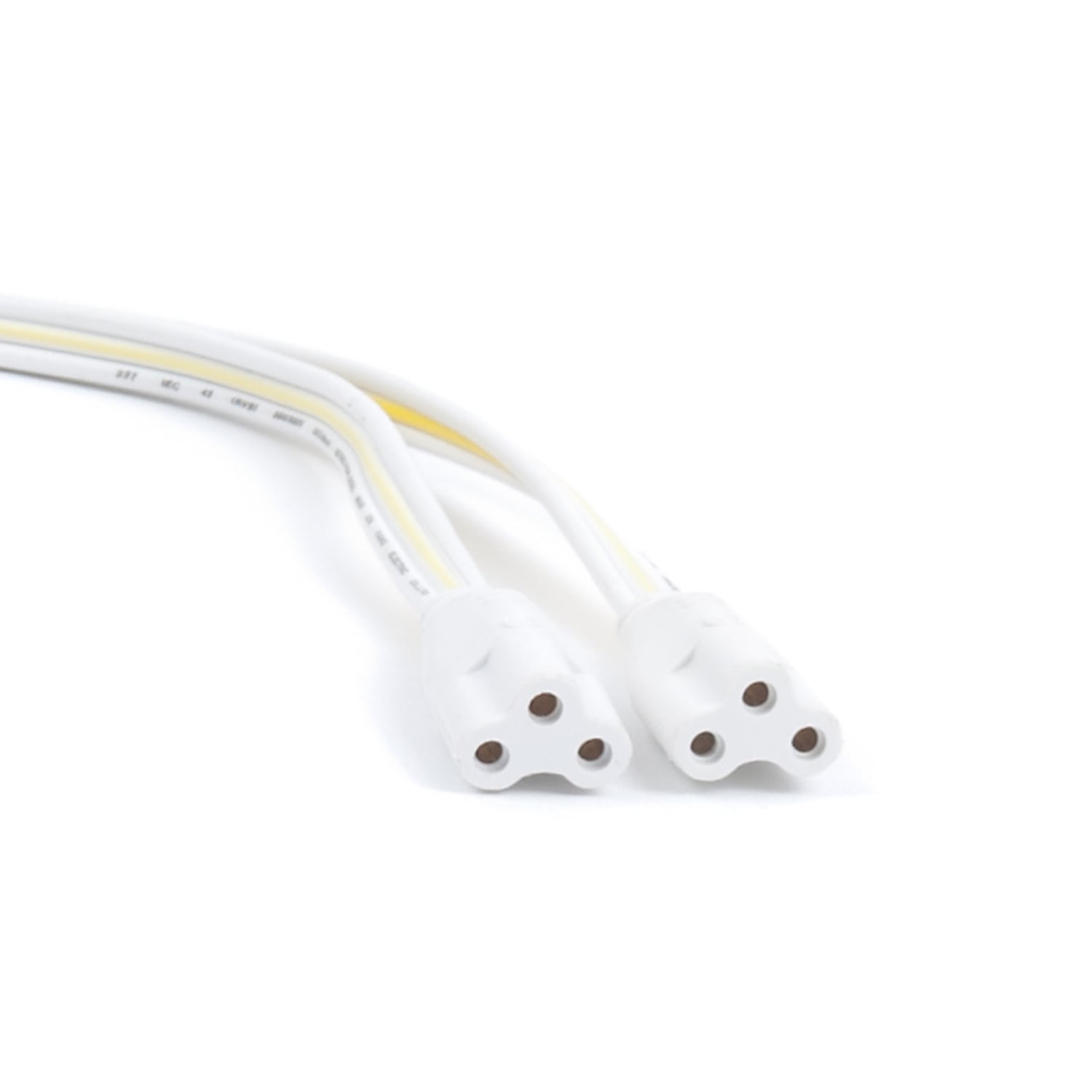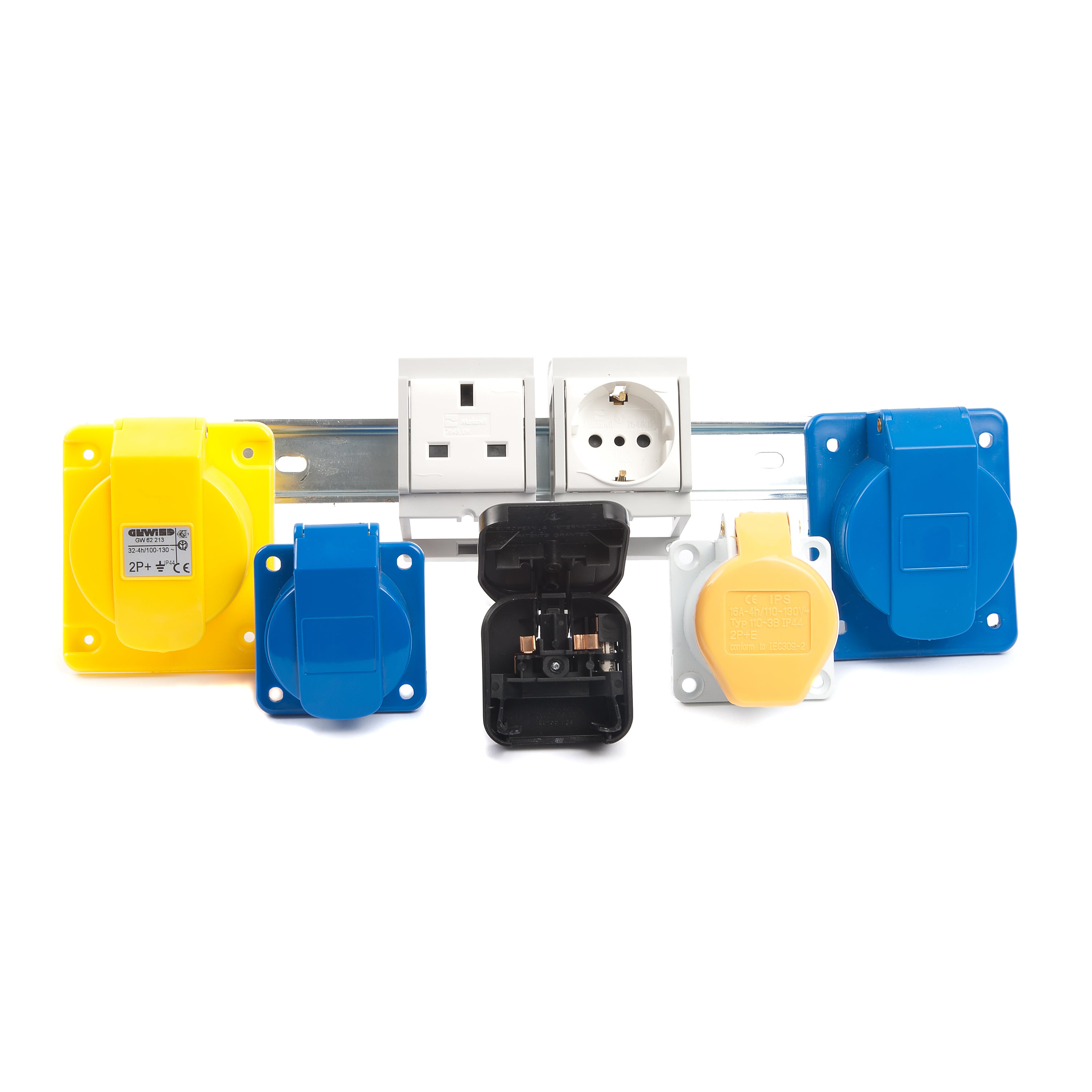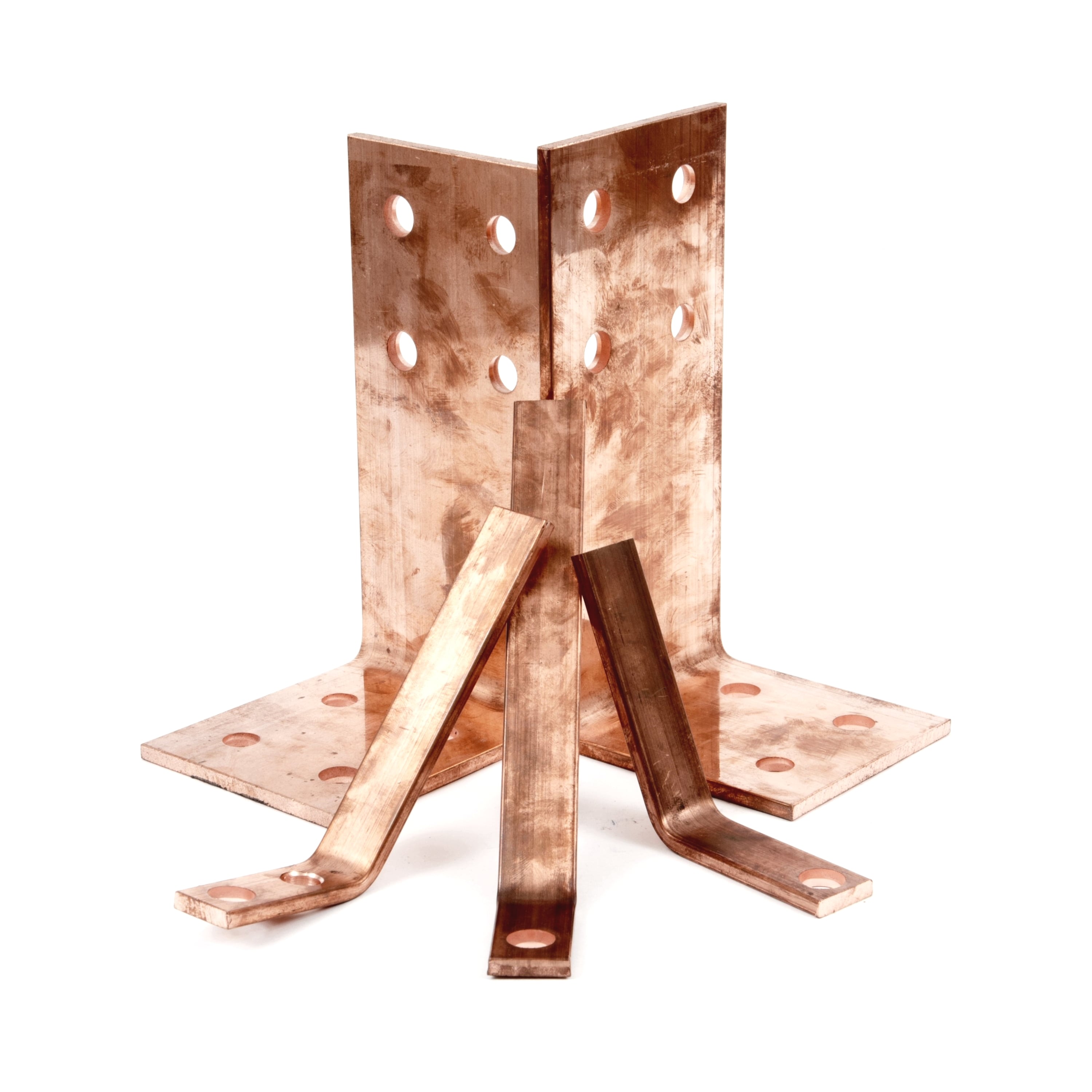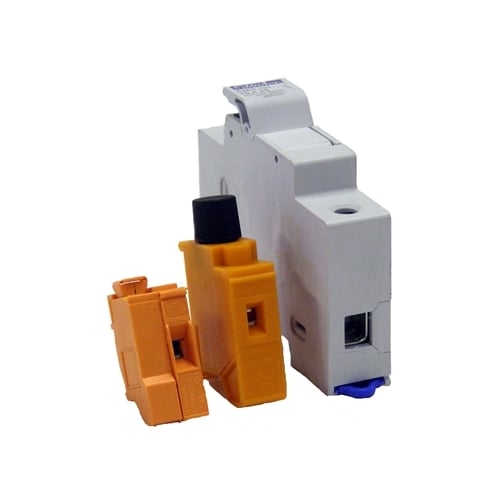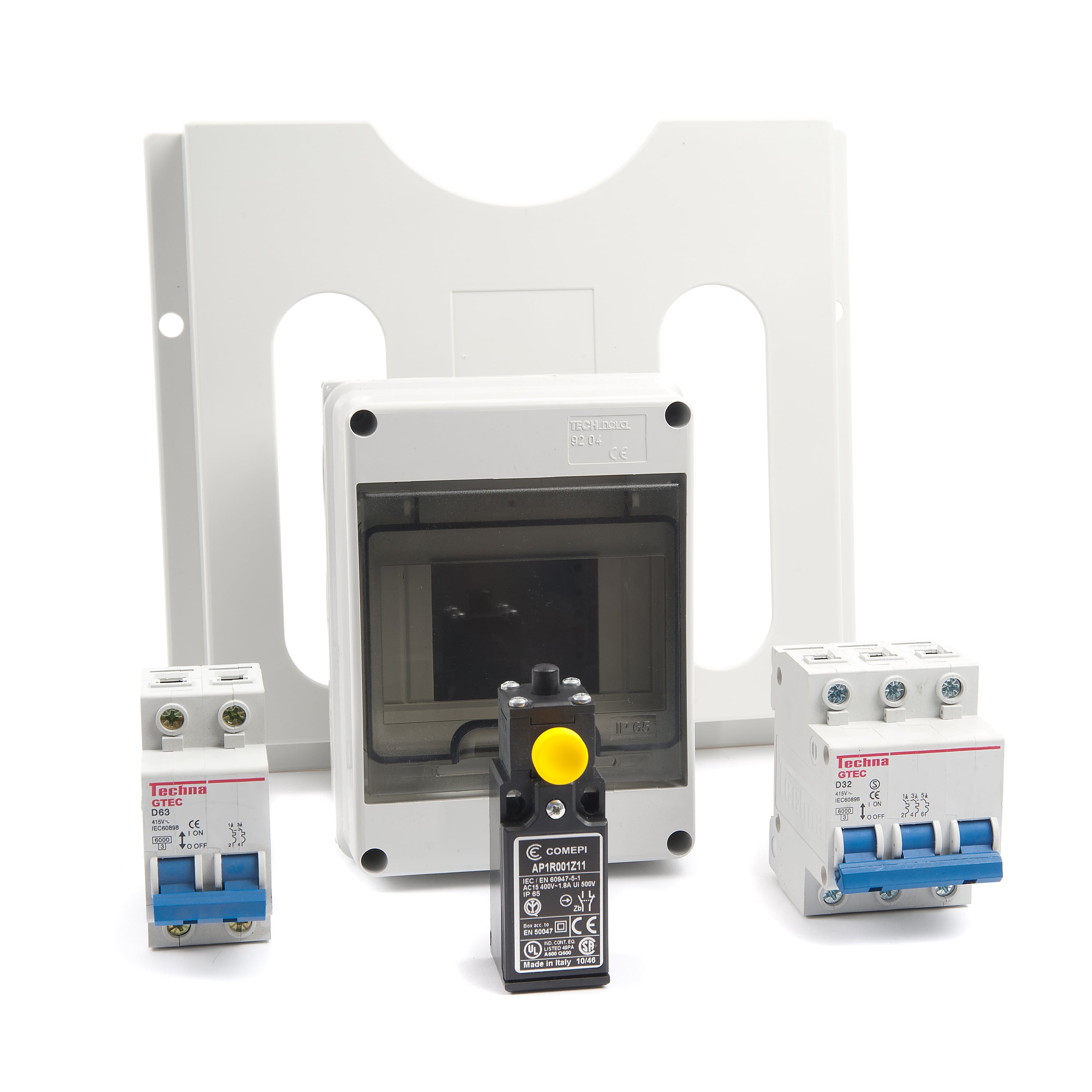Blog
With the debate continuing as to whether the United Kingdom’s decision to leave the EU was in the best interest of the country’s small-to-medium businesses, ETE will discuss how Brexit has impacted us in the months after the result of the referendum vote was announced.
There have been a number of points of contention which we will discuss, namely, the weakening in value of the British Pound Sterling (GBP) against the Euro and US Dollar, whether an alteration in order frequency has been observed, and the extent to which the vote has affected the amount of money being spent by our customers.
First of all, we will consider the number of orders being placed pre- and post-Brexit vote.
In the months after the UK’s decision to withdraw from the EU, we have seen a sizeable increase in the number of orders being received. Whilst this does not necessarily equate to enhanced income, it does propose that it is business as normal for the majority of our customers. It was argued that the aftermath of the referendum vote would lead businesses to hold fire on spending money unless absolutely necessary. Our heightened order figures in wake of the result would suggest that this, at least in the industrial / manufacturing sector, is not the case.
Next, we will look at what the Brexit vote has meant for our turnover.
One might assume that, with the sharp drop in value of the GBP against the Euro and US Dollar, businesses may have experienced a reduction in trade due to companies not wanting to outlay any substantial monies. Our sales figures oppose this claim. When comparing our revenue from the three months before the vote to that of the three months after, we observed a 10% surge in our sales turnover. This upturn can be contributed to numerous factors, notably, the addition of new customers, consistent / amplified expenditure from our customer-base, and ensuring we took a rational approach to updating our prices.
As a result of the considerable reduction in value of the GBP many businesses decided to instantly inflate their prices in a knee-jerk reaction. ETE strived to hold our prices for as long as possible, waiting until the GBP exchange rates had stabilised somewhat, before conducting a price review. When performing this update we considered the latest buying prices (of our factored goods), current material costs, and the GBP to Euro and US Dollar exchange rates. This ensured that our latest pricings were an honest assessment of the overall costings and not an exaggerated representation. We feel that openly explaining to our customers how and why we increased a number of our prices has helped to keep their loyalty and, subsequently, the orders coming.
It could be argued that the drop in value of the GBP has actually aided a number of Britain’s small-to-medium manufacturing companies in that it has enhanced the number of businesses buying domestically. We have built relationships with a number of new businesses post-Brexit vote as a direct result of them deciding to buy domestically opposed to from abroad. The exchange rates have meant that buying from overseas has become more expensive. As such, companies are now getting more for their money when shopping domestically. This has, not only, promoted trade between businesses within the UK but could help to boost Britain’s manufacturing industry should the trend continue.
The growth in business over the past few months has also led ETE to enhancing their staff force by 10% to ensure our production rates maintain as the order book continues to fill. This is, perhaps, the biggest endorsement for how busy ETE have been post-Brexit vote.
We are not suggesting it has all been plain sailing since the referendum; in fact, we have worked diligently to ensure that we have sufficiently adapted to any required changes as a direct result of the vote outcome. That being said, long-serving MD, Bob Tapping, had contingency plans in place should the UK’s voters decide Brexit was best for the country. We feel this has given us a head start on many less prepared companies. This, coupled with our determination to make the most of any opportunities presented, has given us a platform to really push on and thrive in the years ahead.
A further factor that deserves a mention is that the majority of customers we have spoken to have maintained a positive perspective in the aftermath of the referendum vote, regardless of which way they voted. Whilst there are sure to be more twists and turns ahead, with the potential to cause problems for Britain’s small-to-medium businesses, we feel that the positive outlook and fortitude displayed thus far will ensure the continual success of the UK manufacturing and industrial sectors.
In summary, the Brexit fallout has failed to disrupt the continual growth of ETE and we are feeling positive about, both, the short-term and long-term future of the company.
Tony Harper
Marketing

